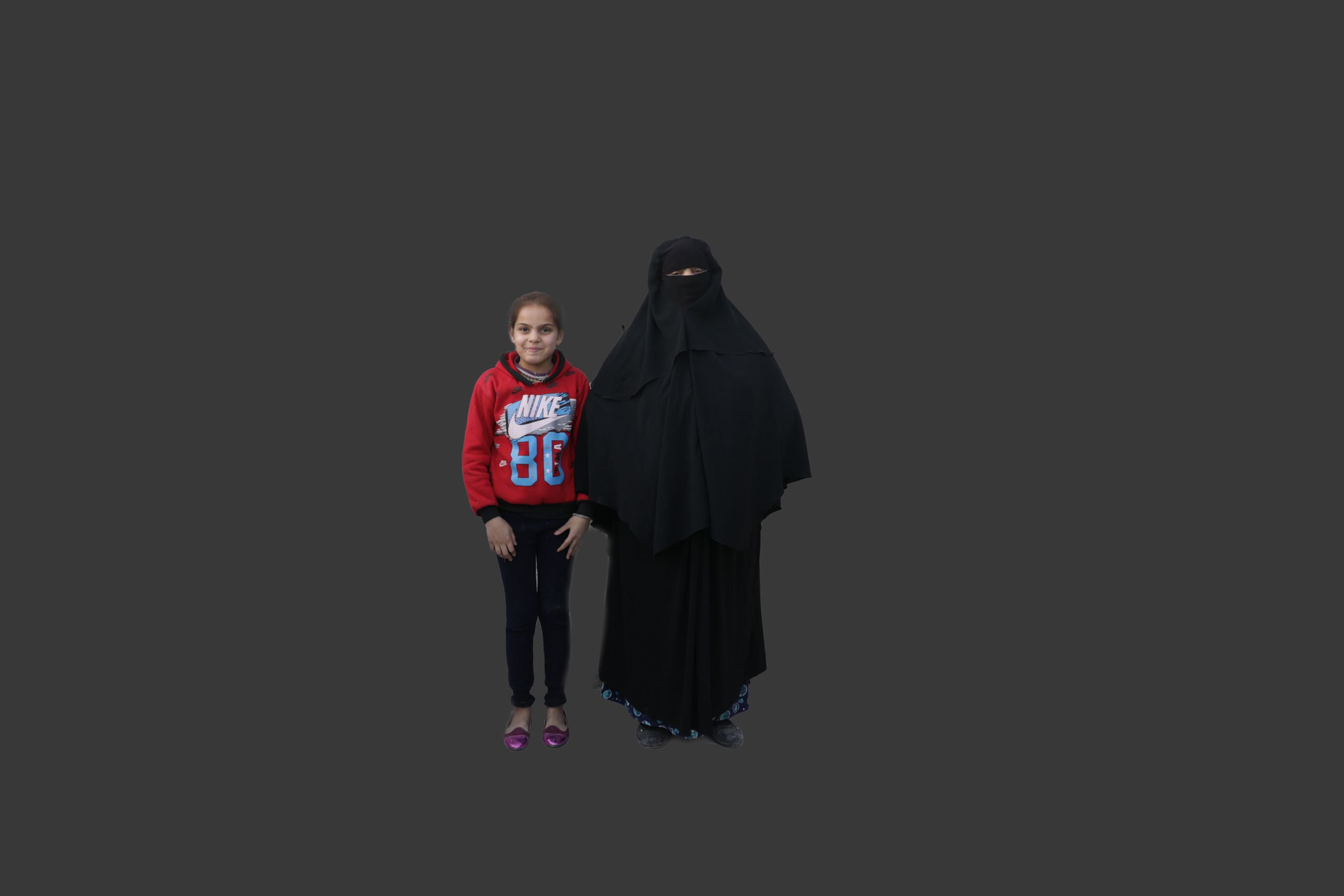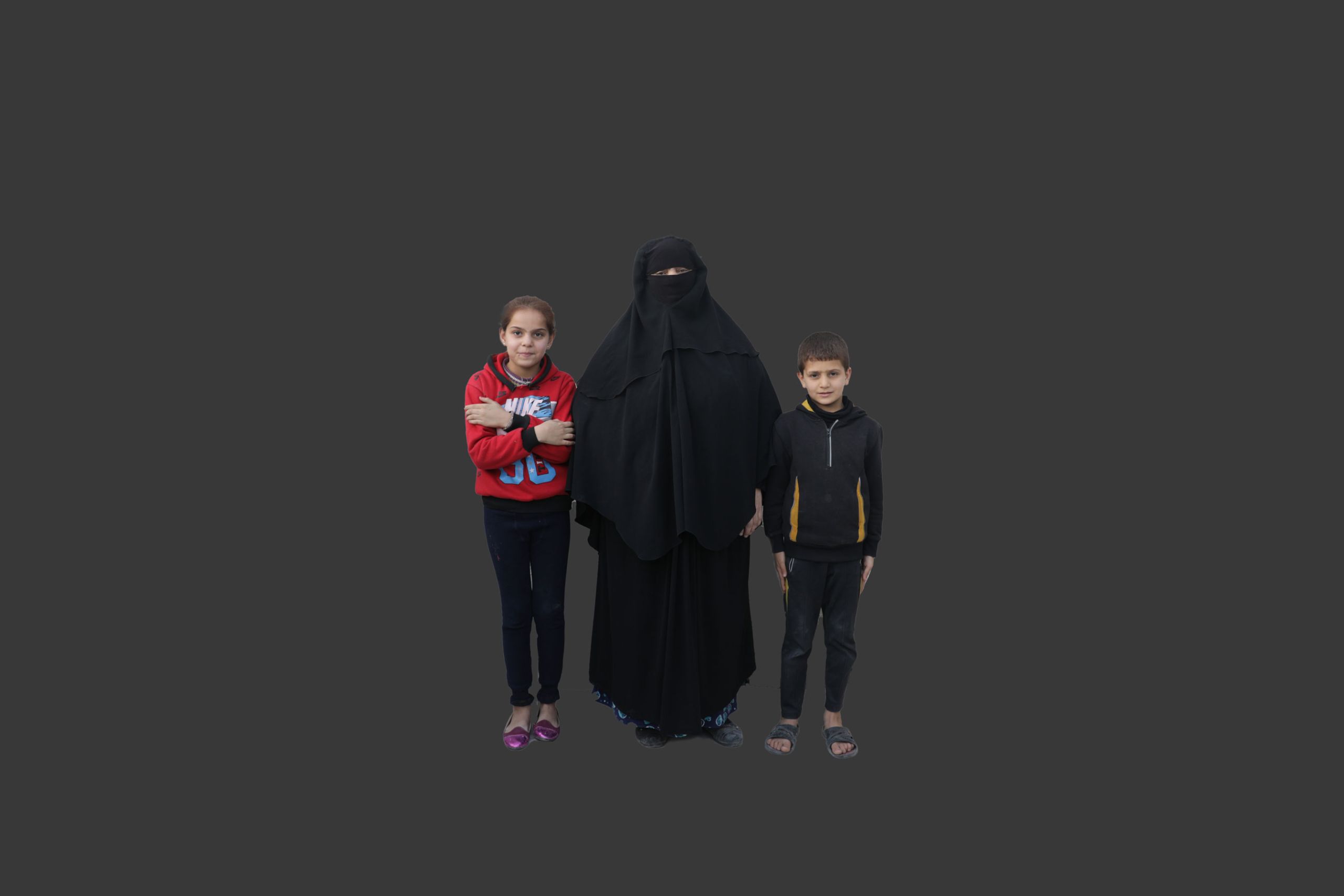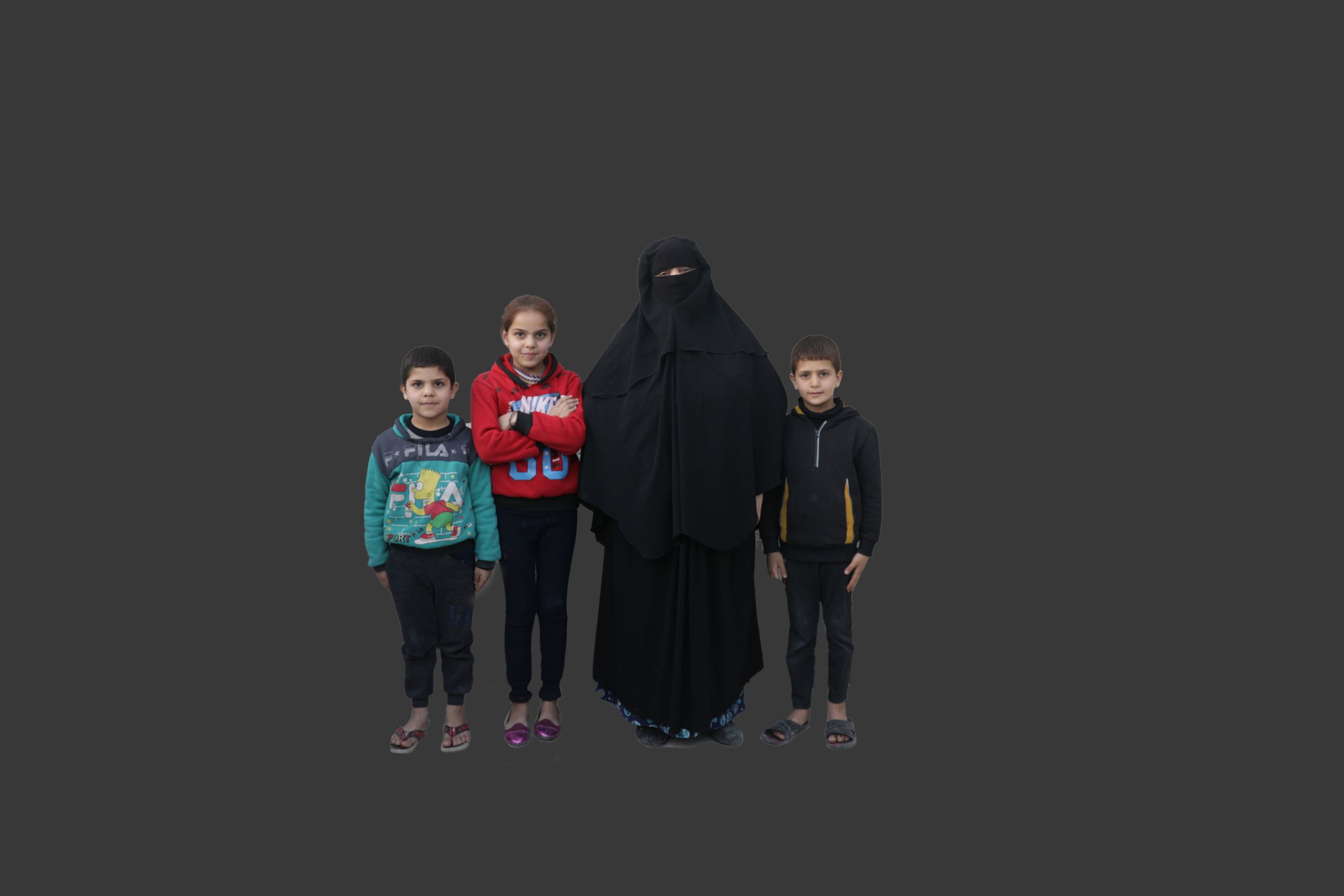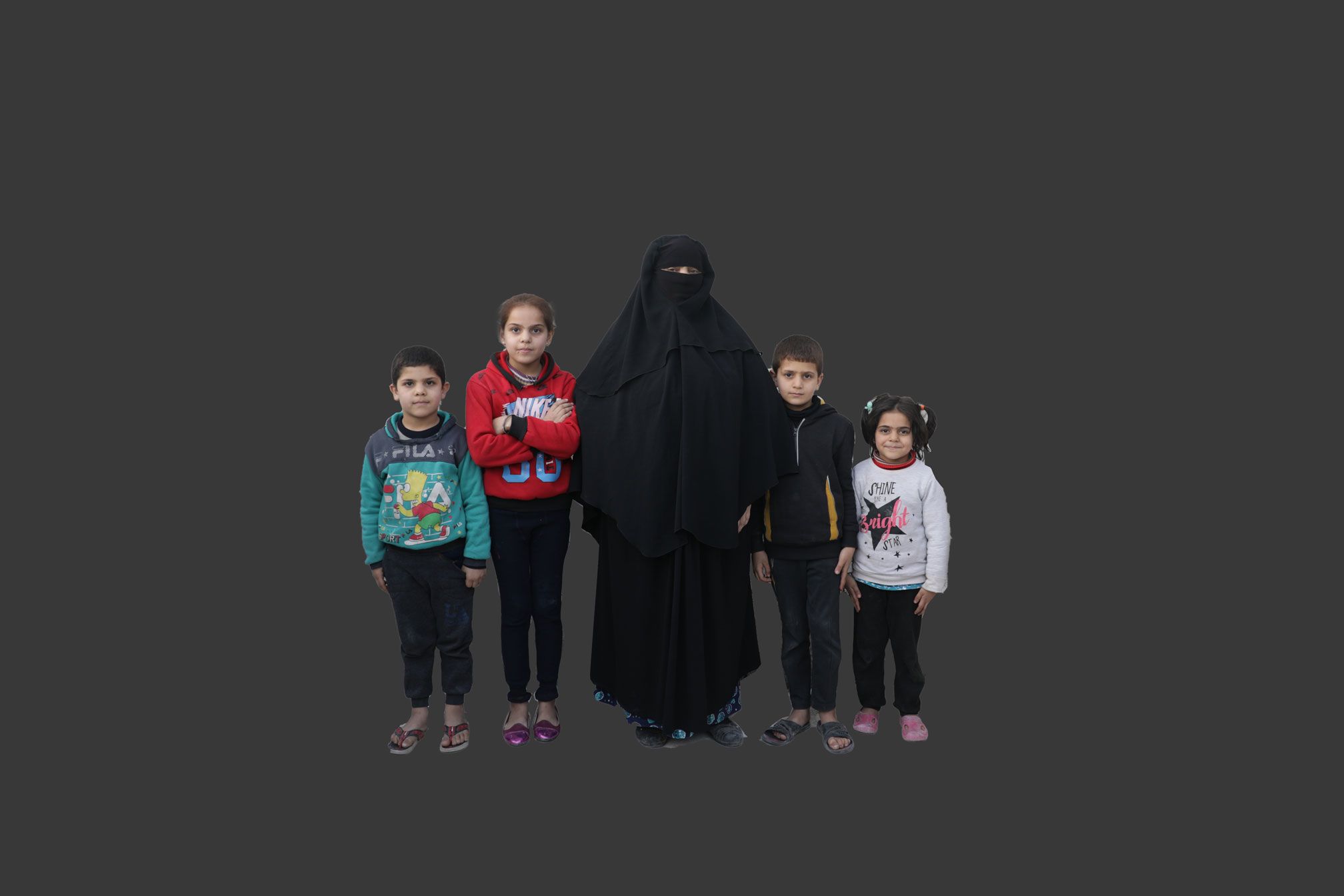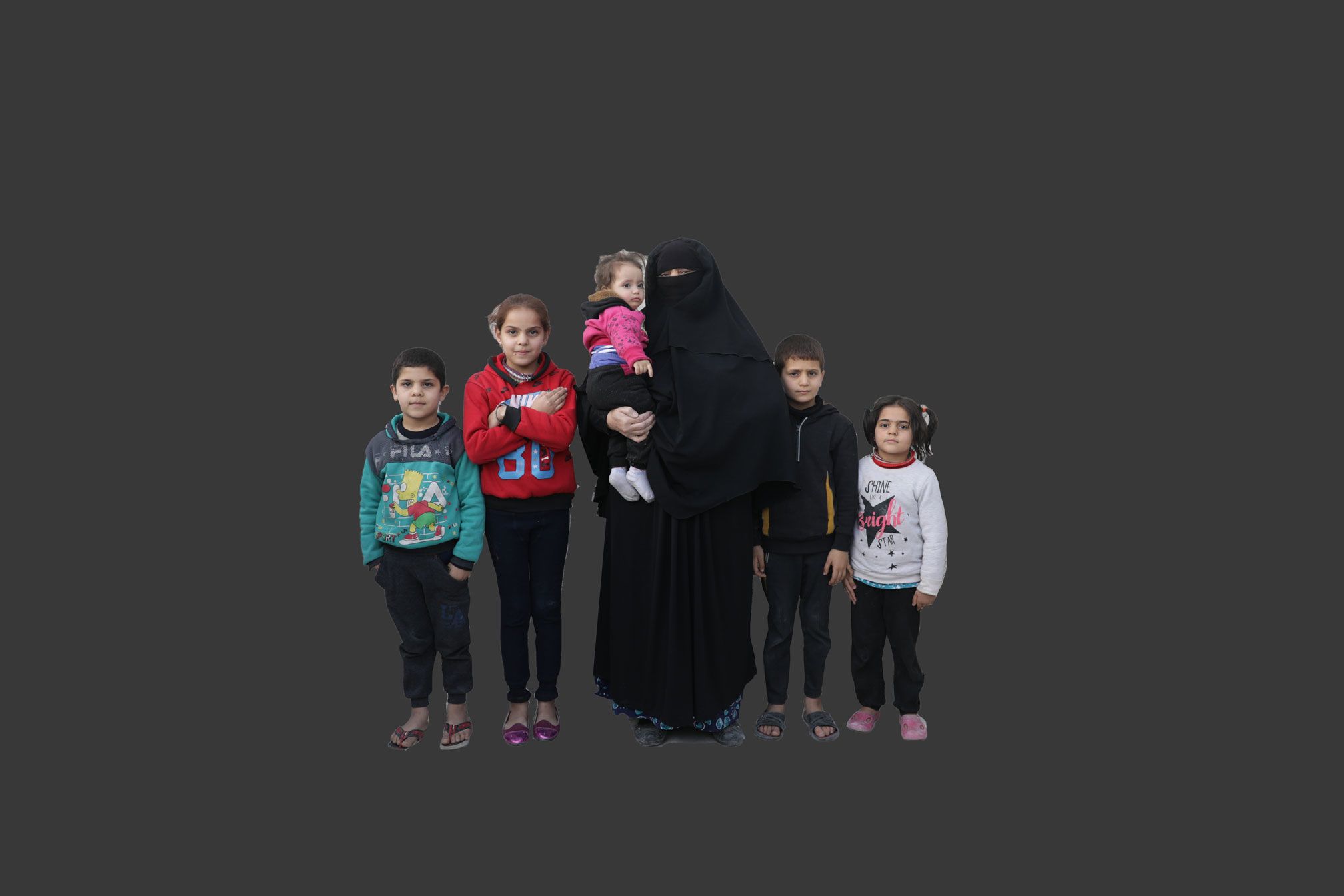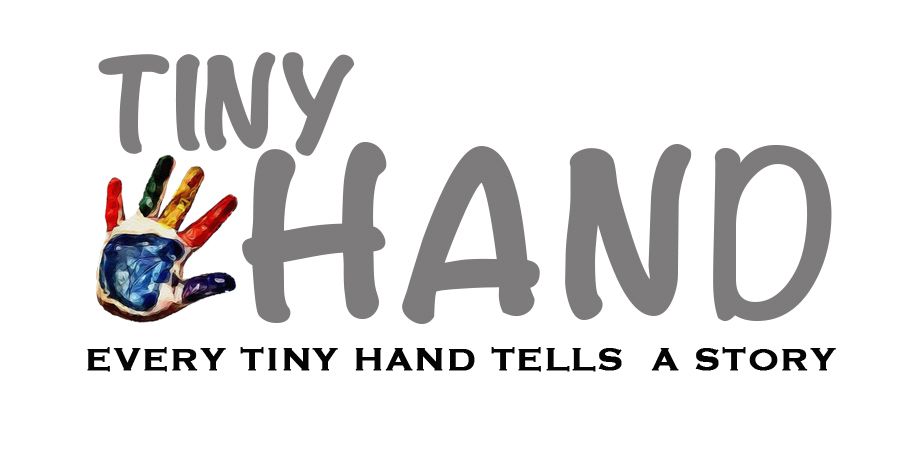Beauties Are Those Who Wake Up Early: They Are the Mothers of the Refugee Camps
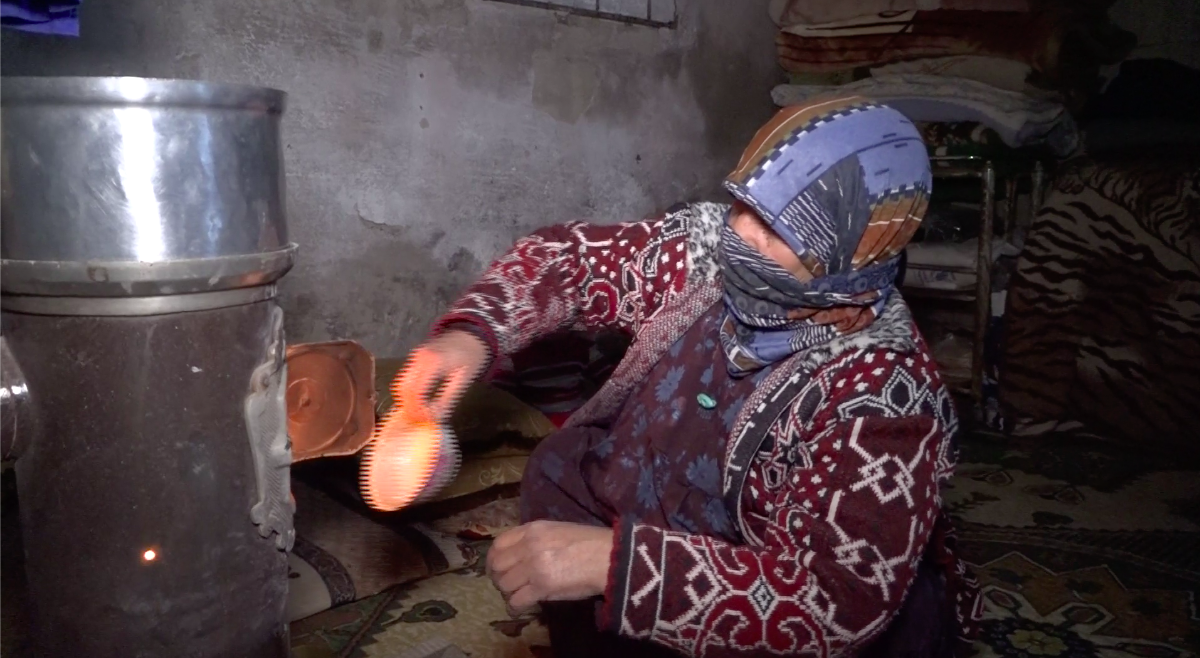
Indeed, beauties are those who wake up early, taking the morning from the beginning; they are those who teach the birds what to sing. (An excerpt from a poem by Nizar Qabbani)
The beautiful women are the mothers dwelling in Syrian refugee camps; the displaced mothers who are striving to care for their children amid endless fears.
They are the ones who get up early in the morning, if they ever managed to sleep at all.
They are the ones who made a home out of a tent, a bed out of a mat, and food out of stones.
The most beautiful women, here, are four mothers who have been displaced from four different regions. Each of them has a unique story so different from others. Their children, too, have their way to celebrate them on Mother’s Day on March 21.
Mariam
“The closest child to my heart is the one who is away from me, the youngest, and the ill"
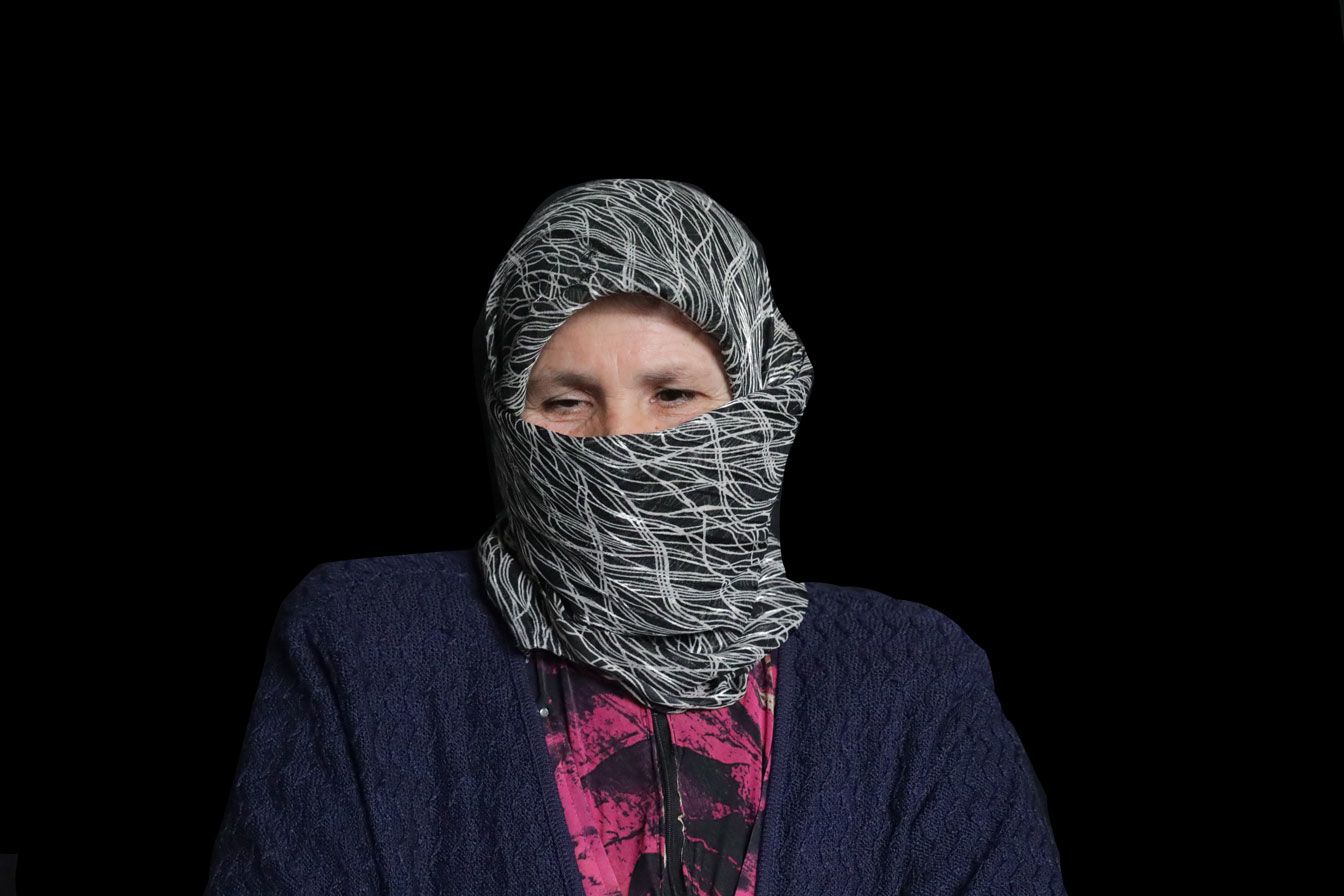
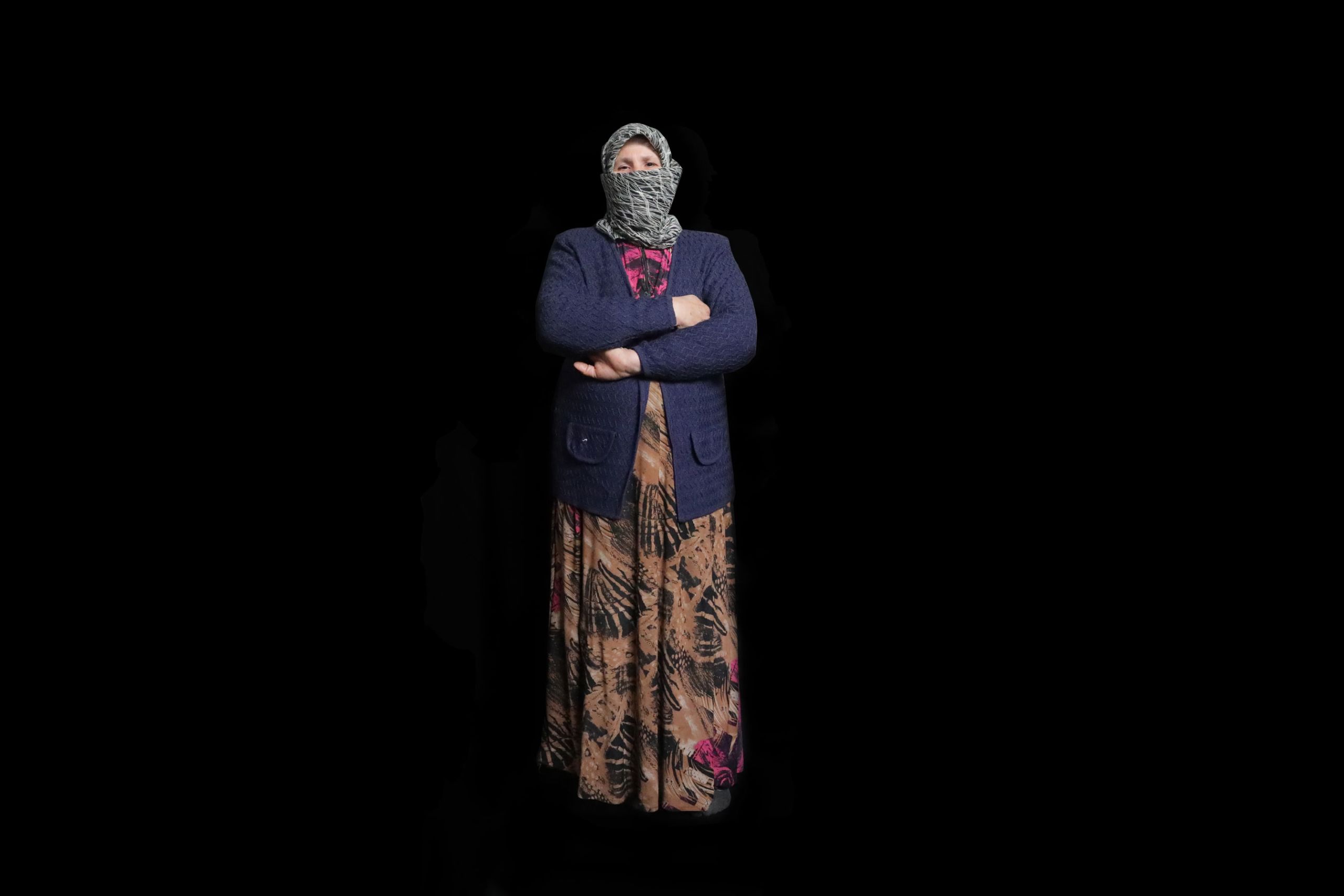
Mariam
Mariam
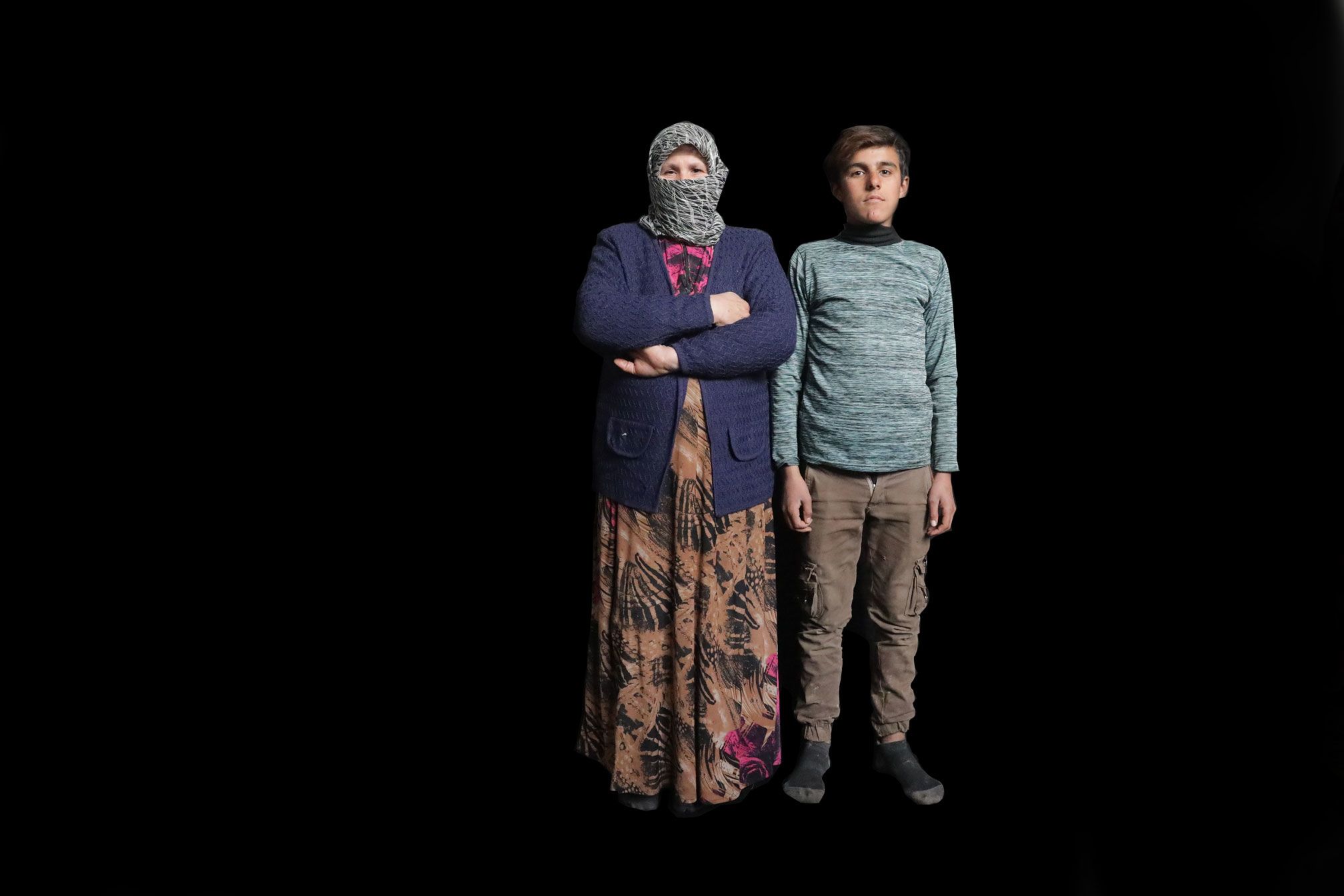
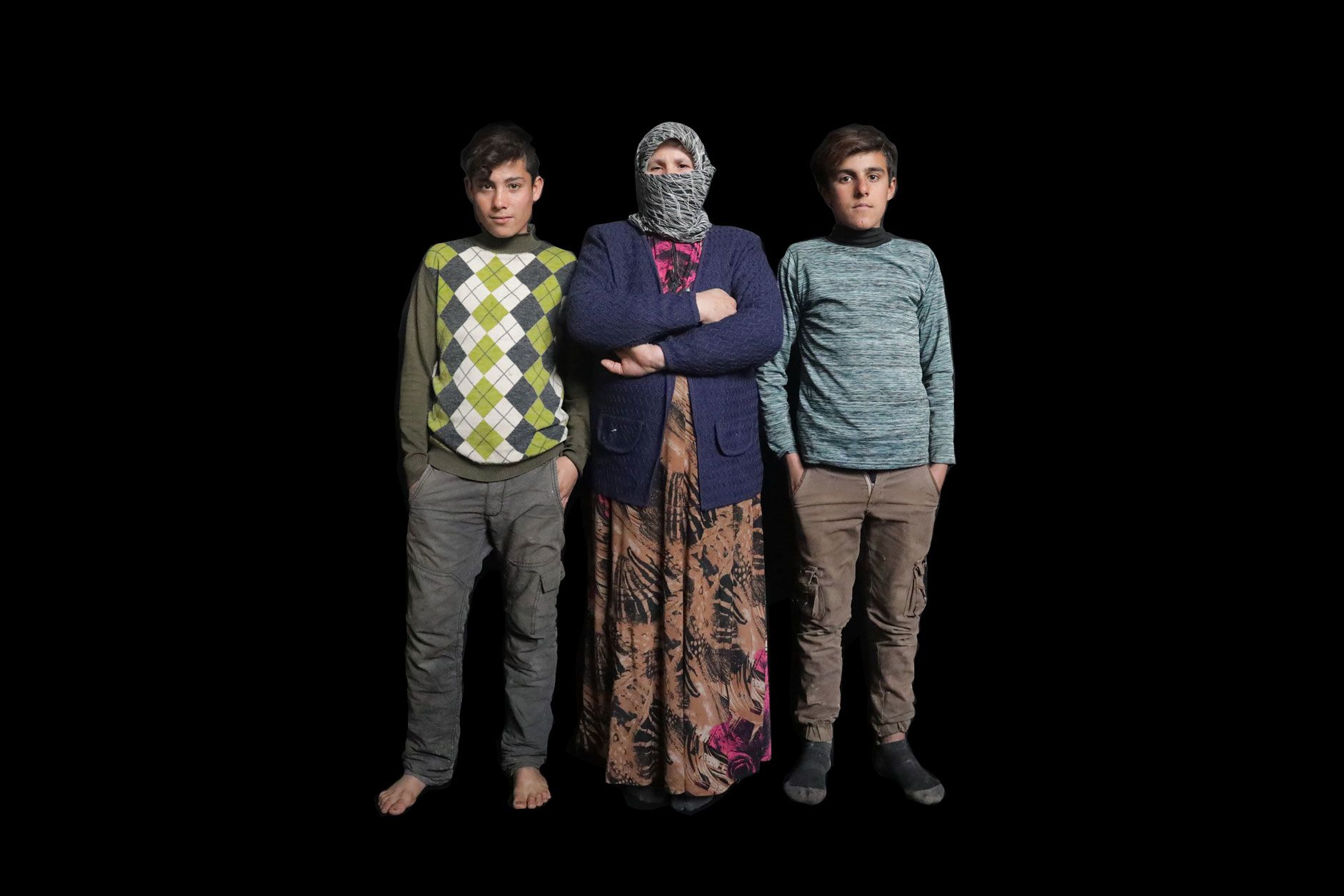
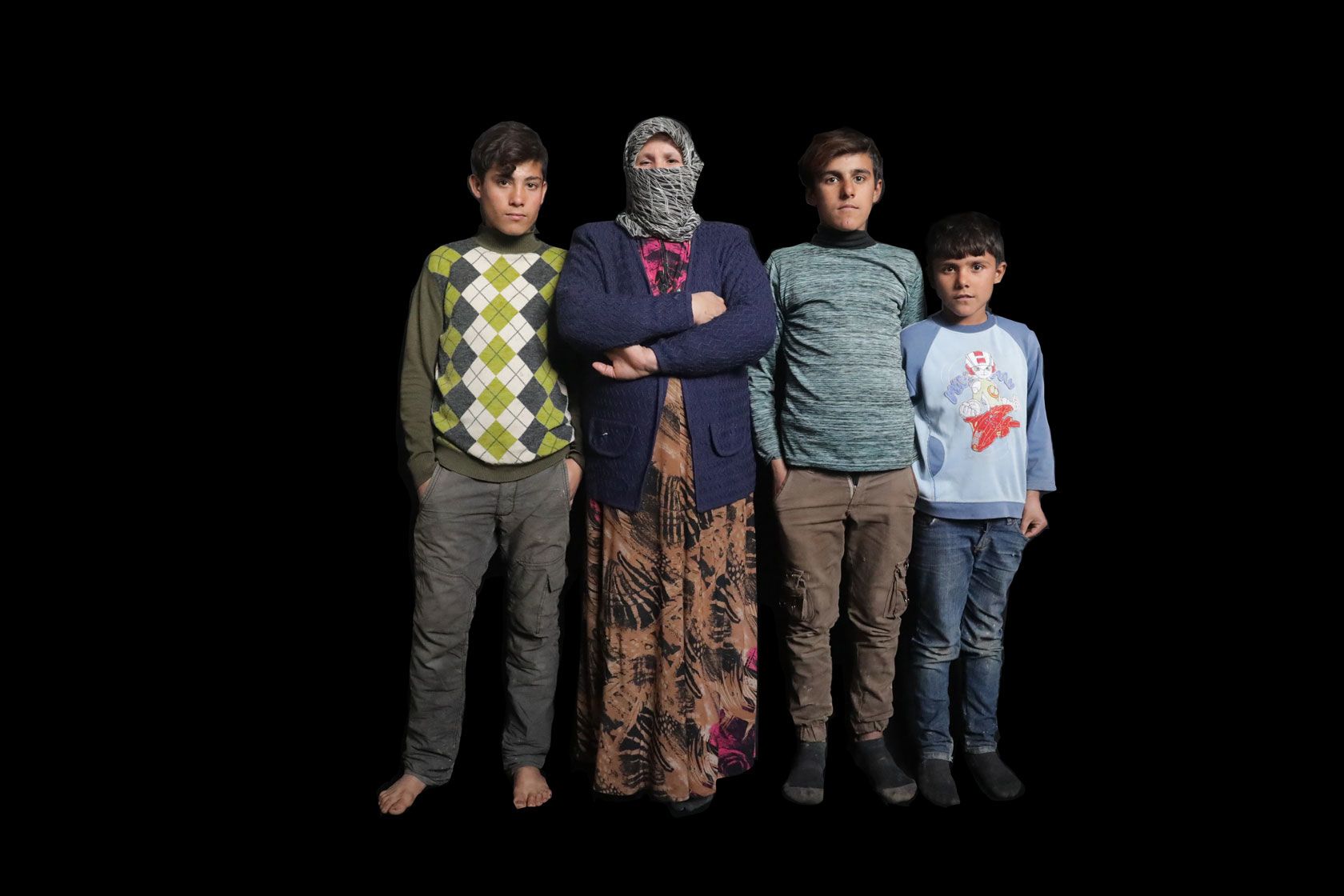
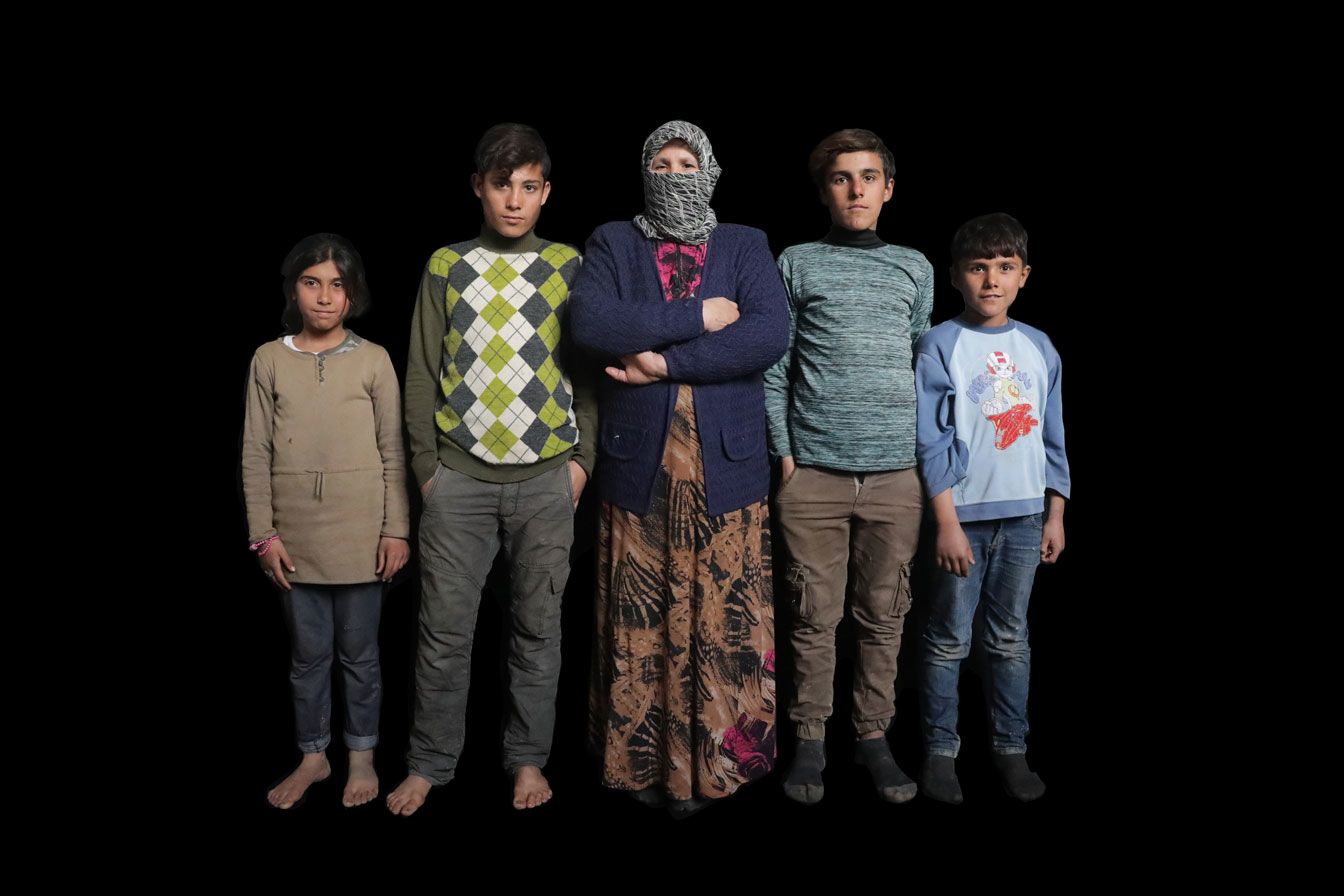
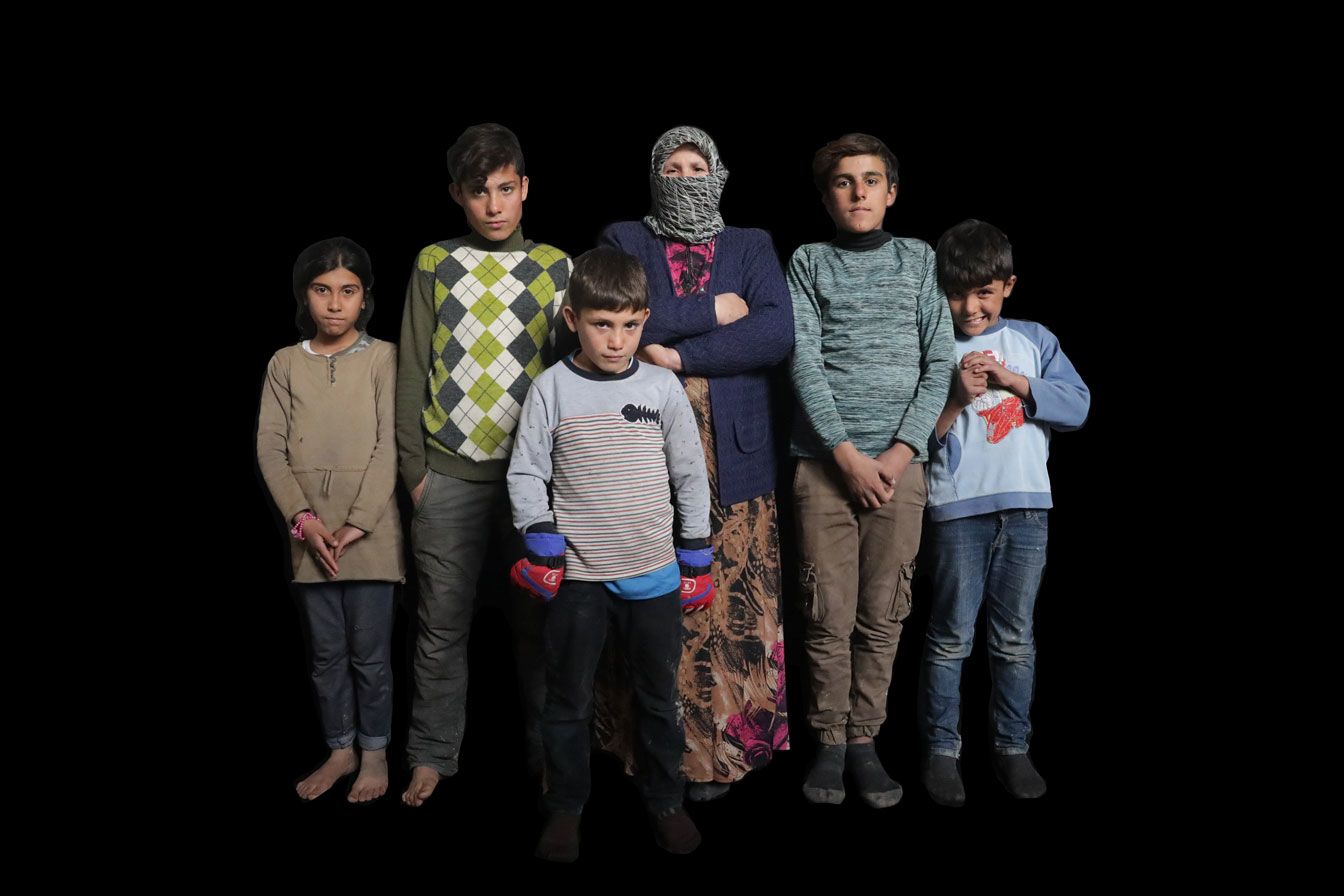
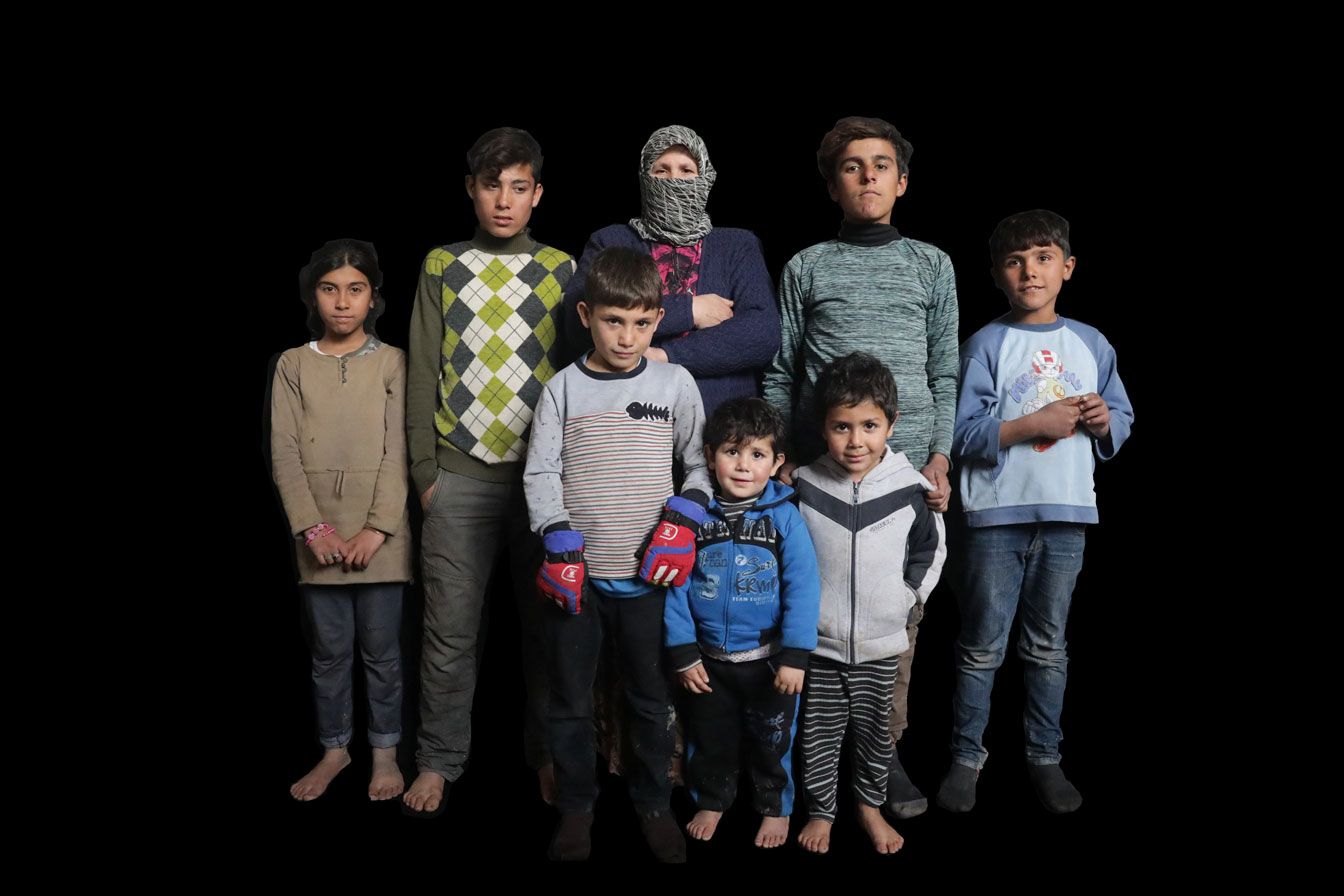
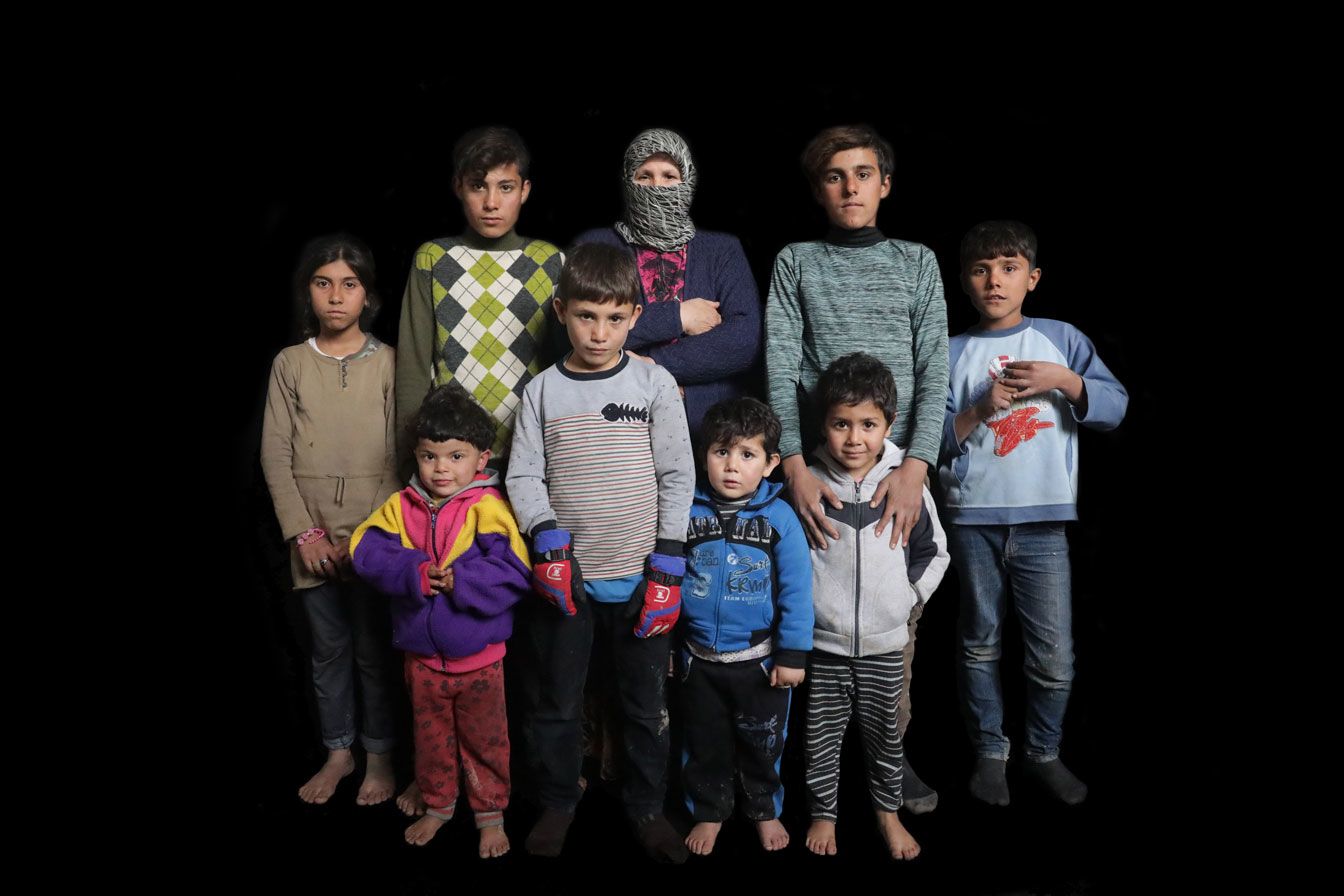
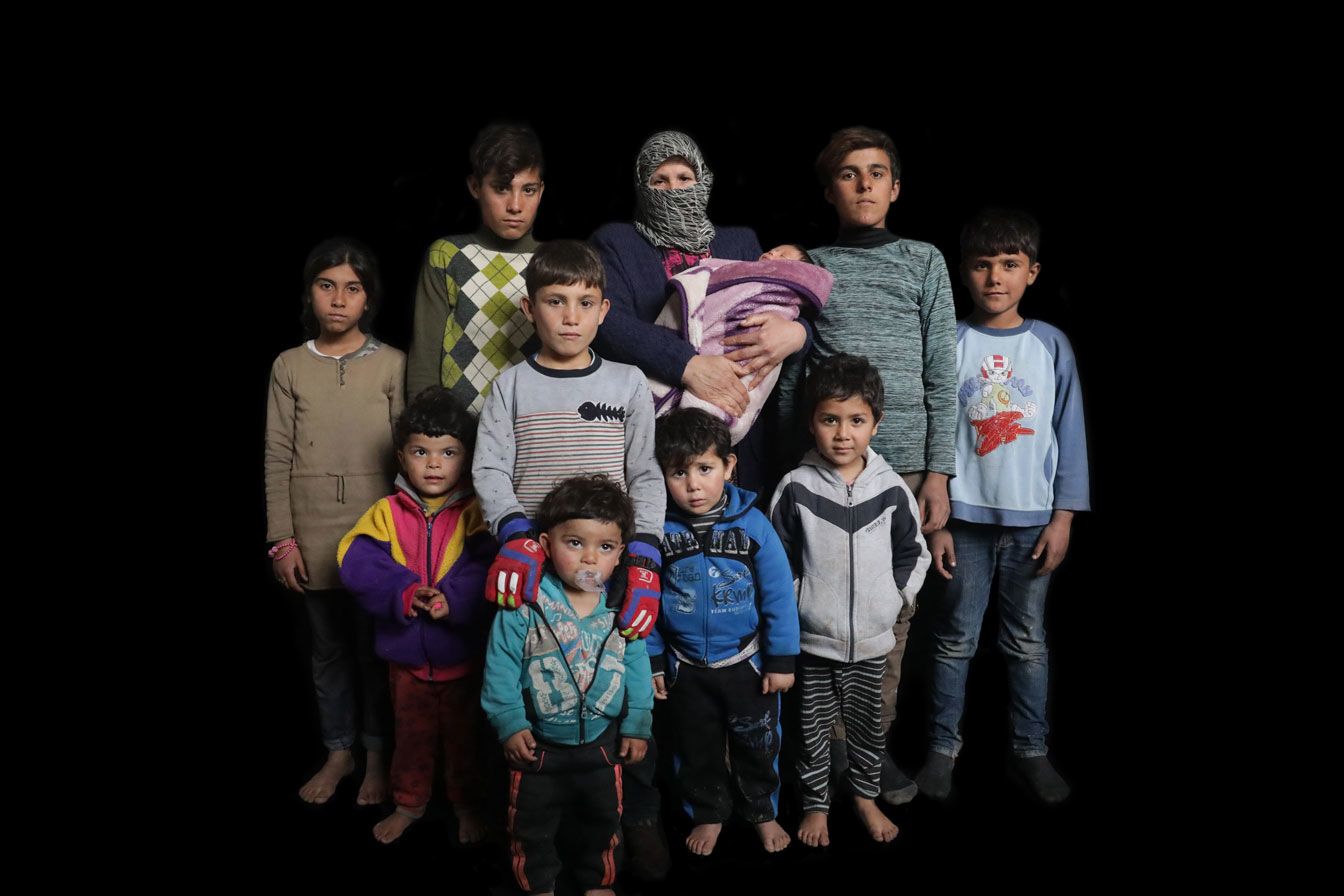
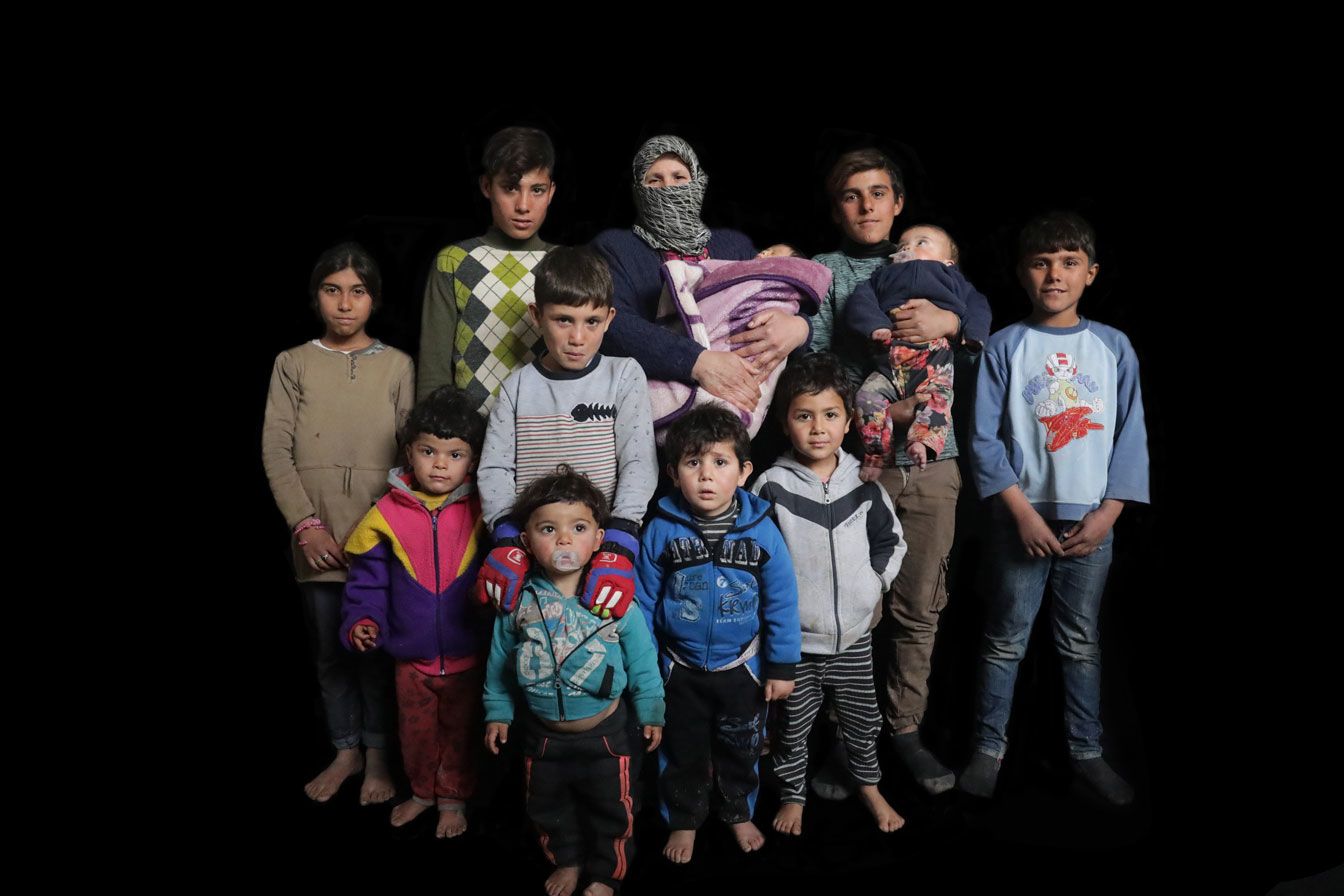
At 100 km away from her home in Saraqib, in Idlib’s countryside, Mariam Fayyad, 52, lives in a school classroom in A’zaz, a city in northwest Syria.
In her displacement journey, she could not bring all her children with her as they had been divided by the country’s ongoing nine-year-long war.
Mariam, or Hayat (an Arabic word for life) as she loves to be called by others, has 10 children. The older ones had left the country, leaving her with the youngest son, two of her daughters, and her eight grandchildren.
Her youngest granddaughter, also called Hayat, is the closest to her heart.
“The closest child to a mother’s heart is the one who is away from her, the youngest, and the ill one,” she told Tiny Hand, “I miss my eldest son who is away from me. I have not seen him for almost five years.”
“My love for my children grows stronger day after another and it will keep growing until I die,” said Mariam.
She leaned her head against the wall of the classroom where she lives along with 15 persons. She closed her eyes and sighed deeply before she started to talk about her sons and daughters.
“Suleiman always cares for his brothers and sisters more than himself. Ibrahim is known for his eloquent speech; he knows well when and what to say anything.
Salma, my loving daughter, loves the good for everyone,” she recalled, “My daughter Afaf is a kind-hearted person. Jassim is the prodigal son. Su’ad has her big dreams. Abdou is a really neat person. Aisha seems to be a perfect housewife in the full sense of the word. Ruqayyah is a polite girl of few words. Finally, there is Jumah, my spoilt boy.”
As she uttered these words, Mariam turned right and left as if she has just been awaken from a sweetdream in which she gathered again with all her children in their home in Saraqib.
“It was a simple house full of warmth. It was where I first have been called “mum”, and when I felt like I had got the whole world,” she said talking about her house, “However, the war has broken me and put a heavy burden on my shoulders, especially in recent years, as we started to move from one place to another, thinking of my children and their fate.”
Bursting into tears, she wiped them off so her grandchildren cannot see. “For example, my eldest son refuses to get married and says that meeting his brothers and sisters’ needs is his top priority,” she said.
Mariam had very big dreams for her children. However, given the current situations, she was only able to secure their needs of food and clothing. “This is my top priority in life,” she said, “Perhaps one day, I will think of myself and my aspirations.”
Her best Mother’s Day gift is a nice word she would hear from her children and the look of happiness on their faces. “They all do their best so I feel that every day is like a Mother’s Day,” she said.
Afaf, her daughter, shared the same thought with us. “My loving mother is the greatest woman on Earth,” said Afaf, “She has shown unique patience for our sake and offered enormous sacrifice to bring us up. She has had enough. Therefore, a single day is never enough to celebrate her.”
Fiddah
“My children, a canvas tent, and hundreds of dreams”
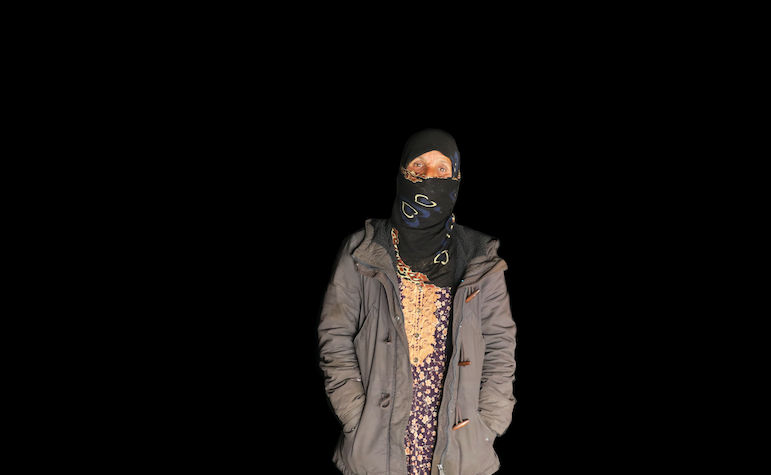
A distance of 186 kilometers separates her from the house she was forced to leave, leaving hundreds of dreams behind her.
Fiddah, 50, welcomed us to her modest tent in a makeshift refugee camp in A’zaz, northwest of Aleppo.
Despite her simple tent, everything was beautiful. The way her stuff was put in order tells much of the good housewife living in this tent.
Following her fourth displacement, Fiddah has learned how to make a home out of a canvas tent as she moves among a number of Syrian regions starting with her hometown near Raqqah city to A’zaz.
“Displacement is displacement. Every time, you move from one place to another to escape death. Each time, you find yourself in another place with harsher conditions,” Fiddah told Tiny Hand, “Over the past years, I have learned how to make a home for my children.”
To be a mother to 17 children is not easy. Indeed, Fiddah is fully aware of that. Before dawn, she gets up to work in agriculture to secure her children’s needs.
she gets up to work in agriculture to secure her children’s needs.
Amer, one of her children, is 12 years old. He kept his eyes on his mother as she talked to us. He realizes how much his mother suffers for their sake.
Upon hearing her saying that, Amer hugged his mother and said “She is very kind-hearted. She works hard to give us what we want.
I know she does not have enough money and she often has nothing but she is doing the impossible for our sake.”
Fiddah does not only seek to secure the needed money but also strives to educate her children. “I am an illiterate woman,” she said, “I do not want ignorance to be their fate.”
Along with this camp’s other residents, Fiddah called for the provision of a caravan school to provide education to their children.
“Nobody responded to our demands. It seems that our request cannot temporarily be answered, exactly like all our suspended dreams,” she said.
In the tent of suspended dreams, educating children is the biggest one.
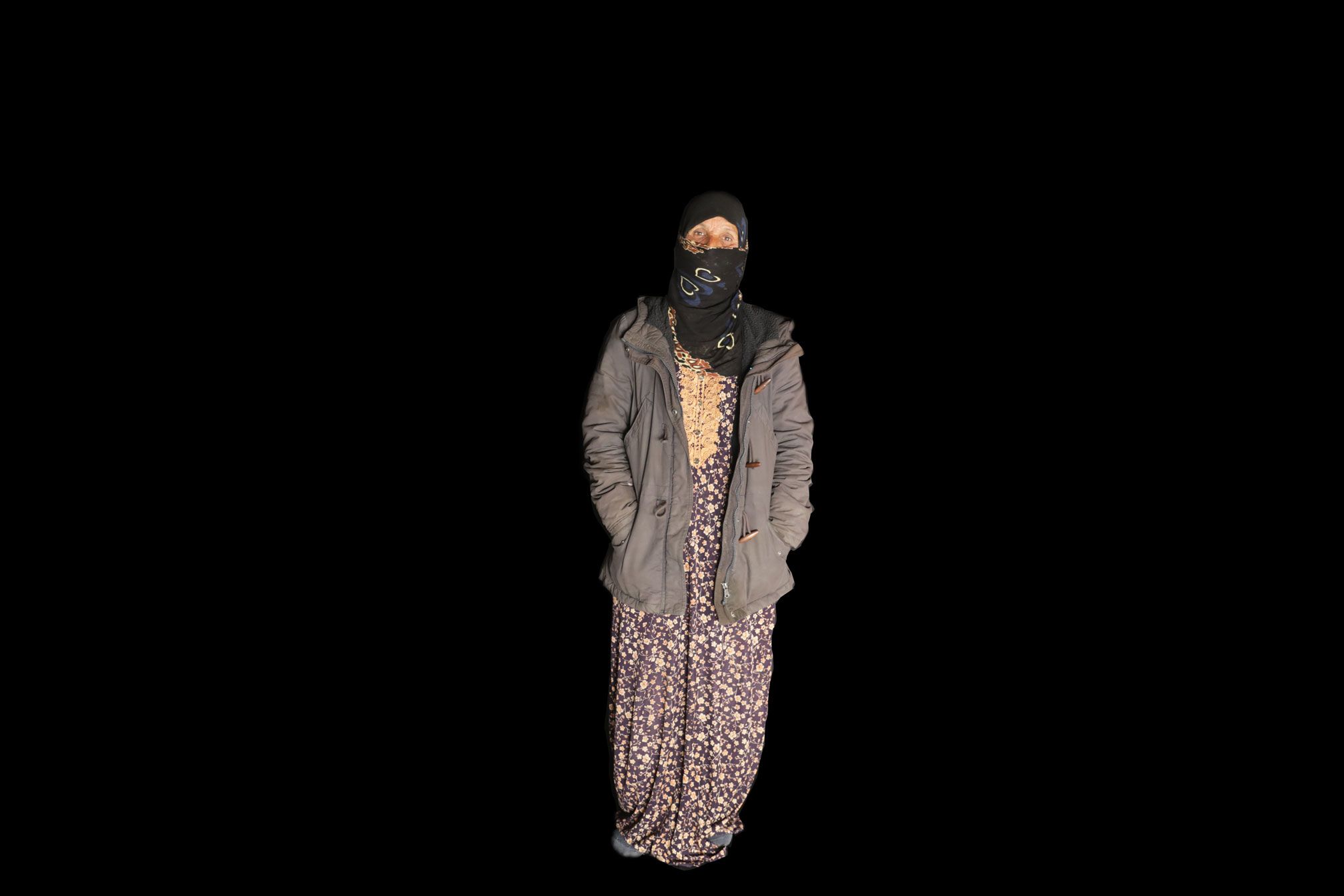
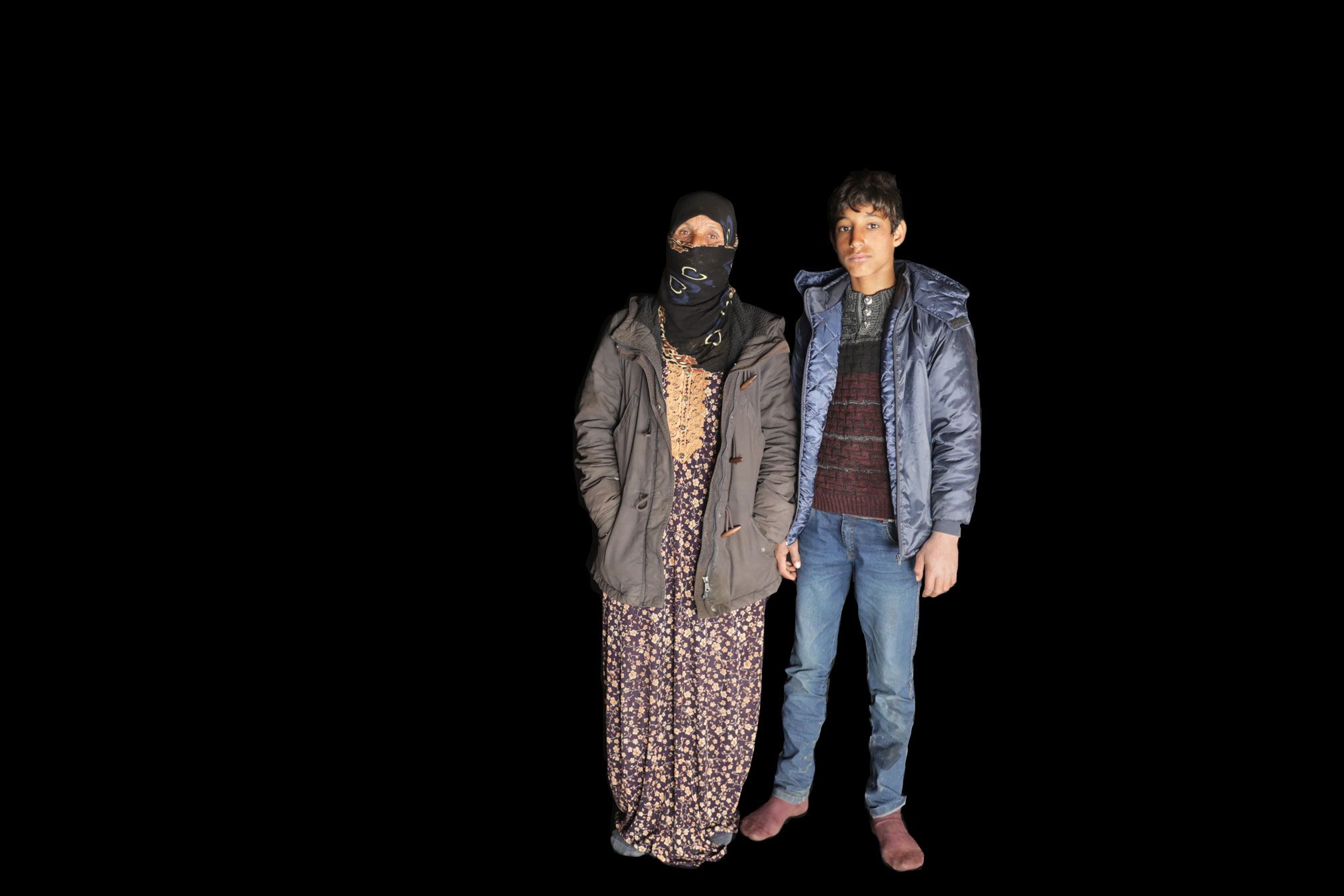
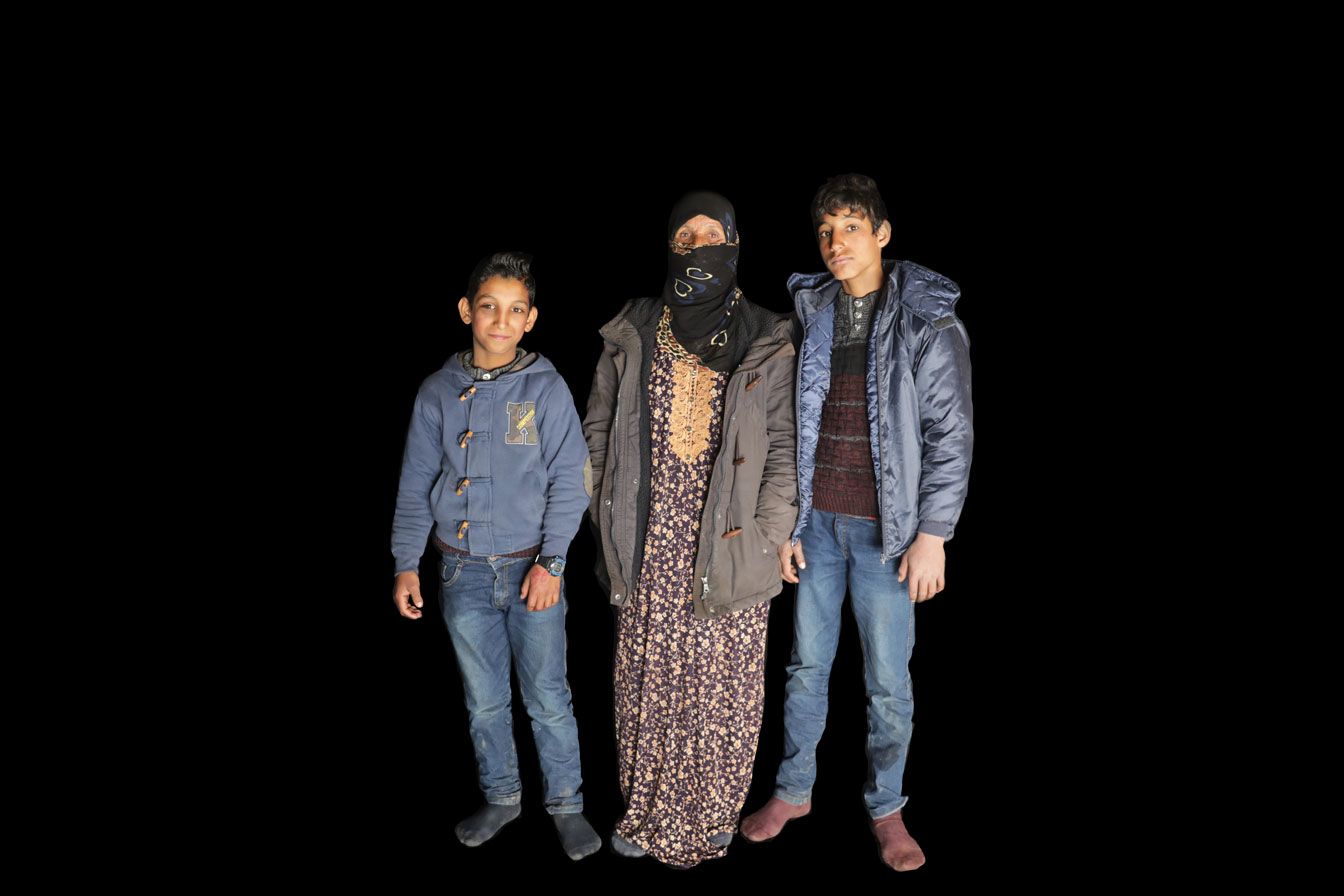
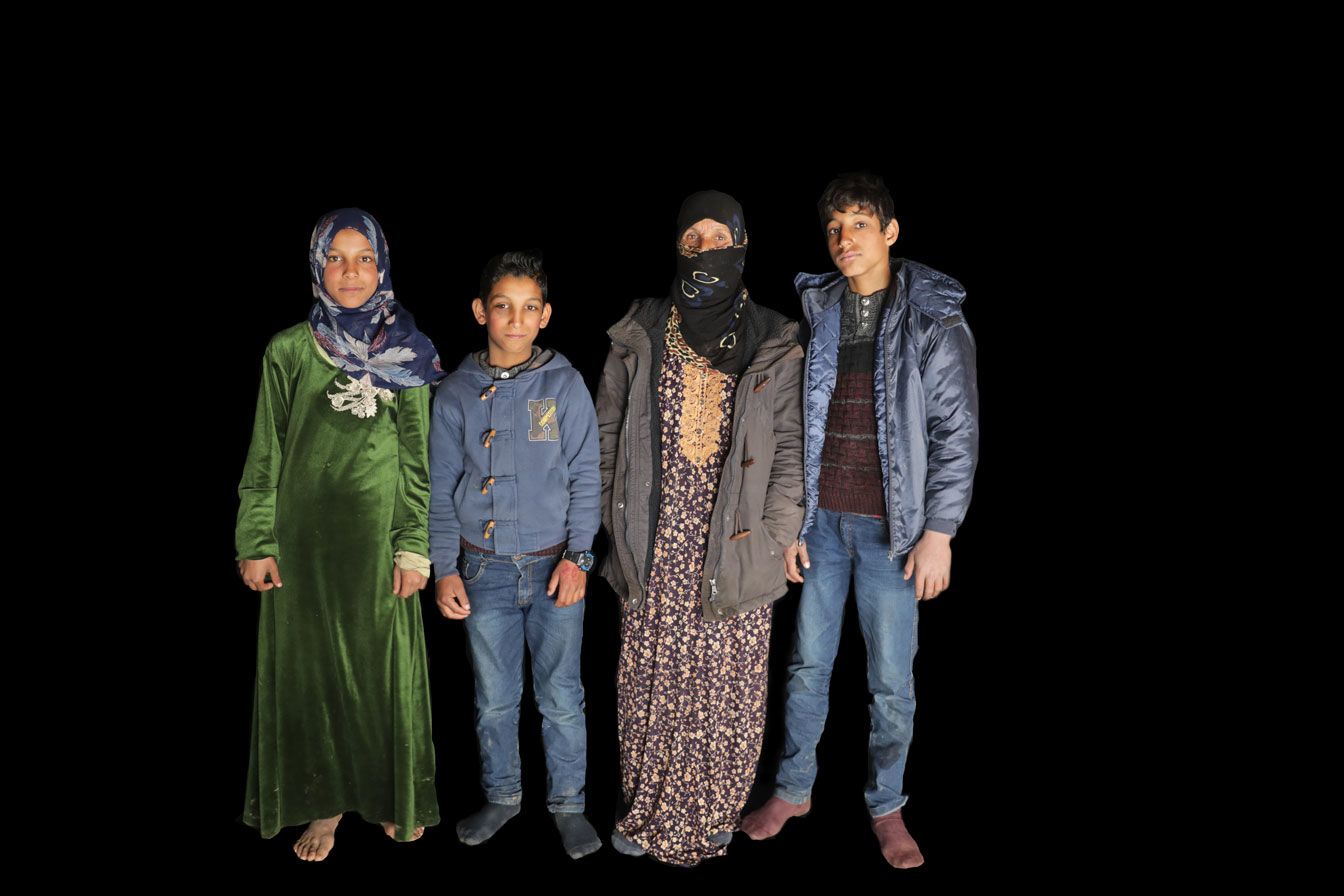
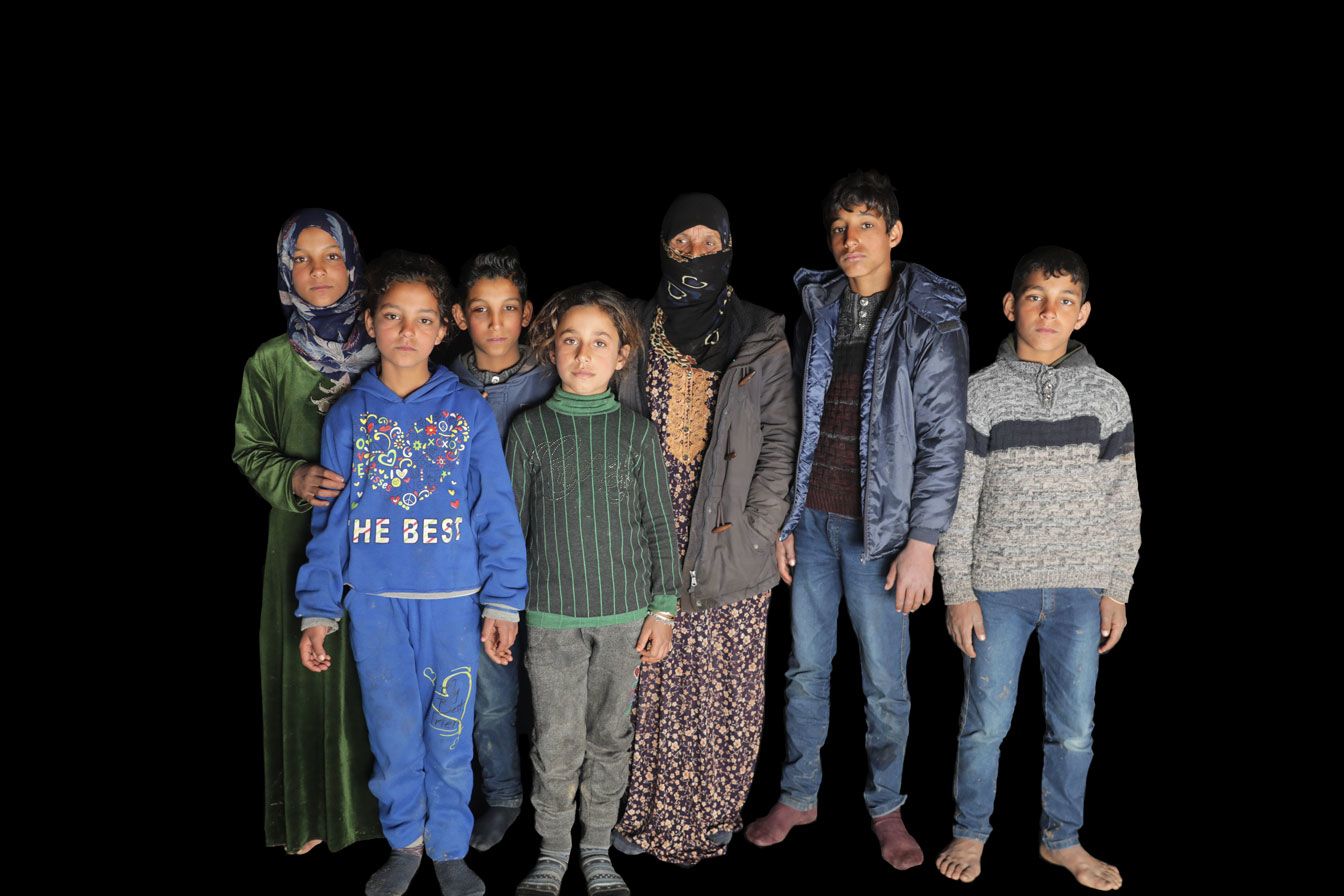
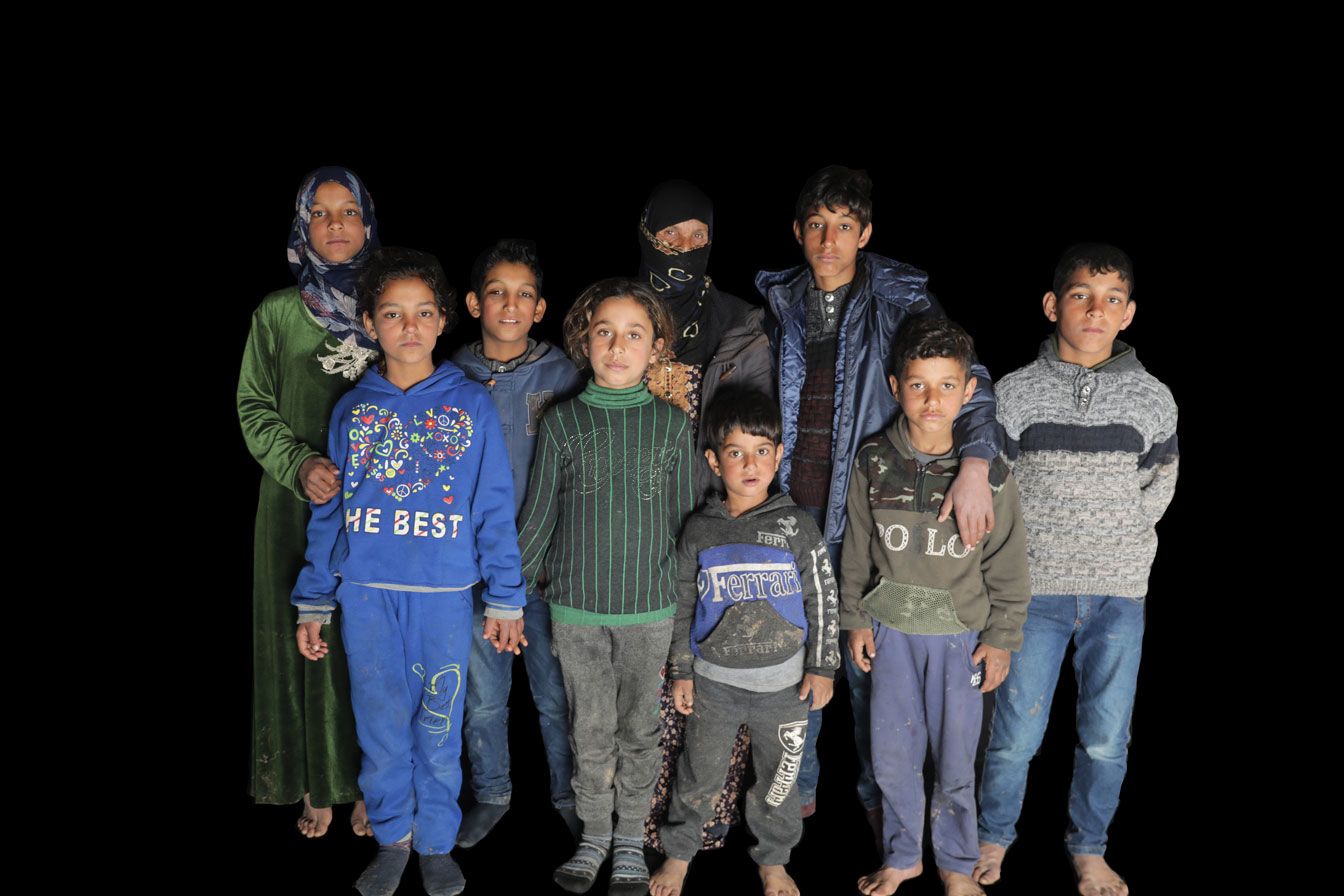
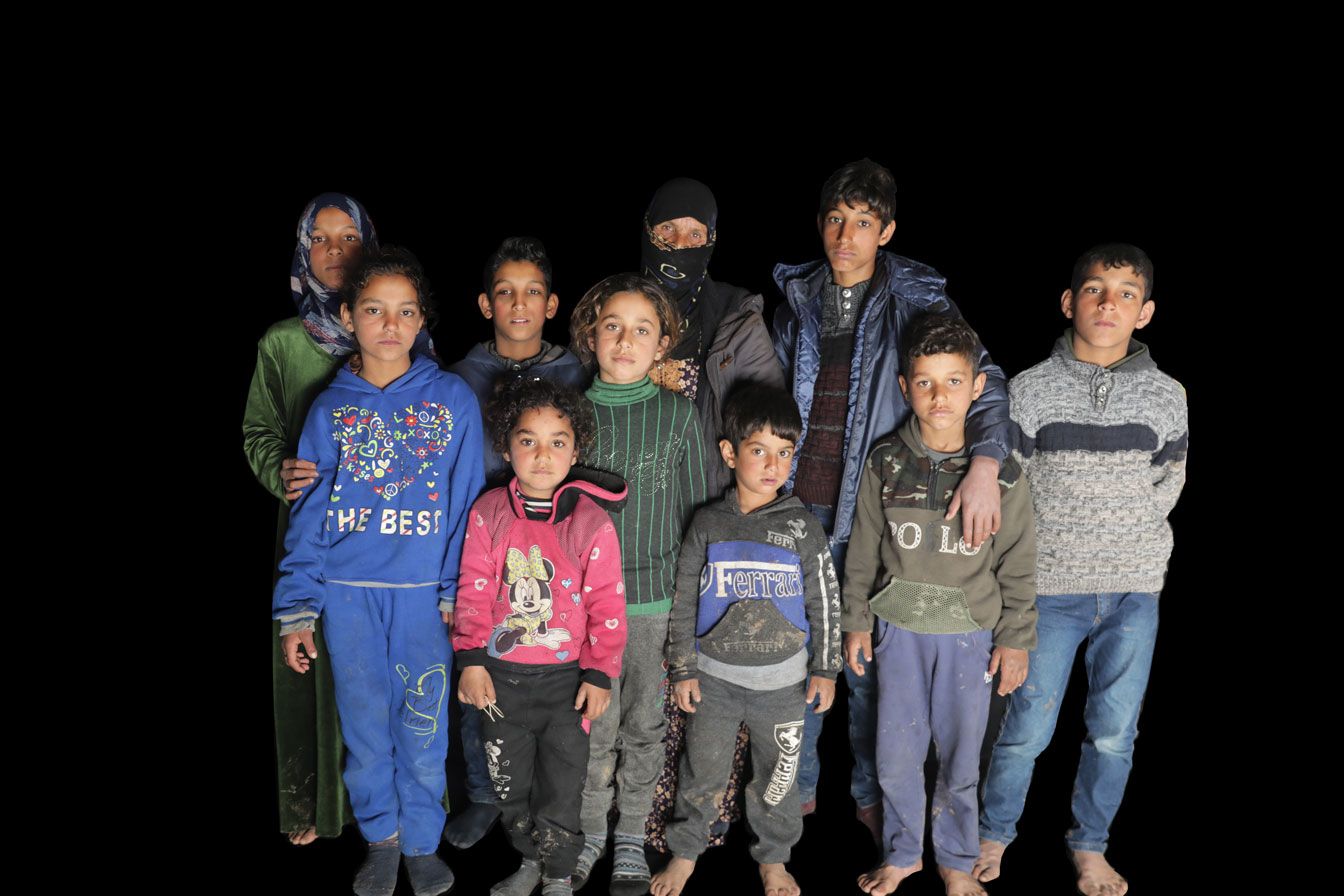
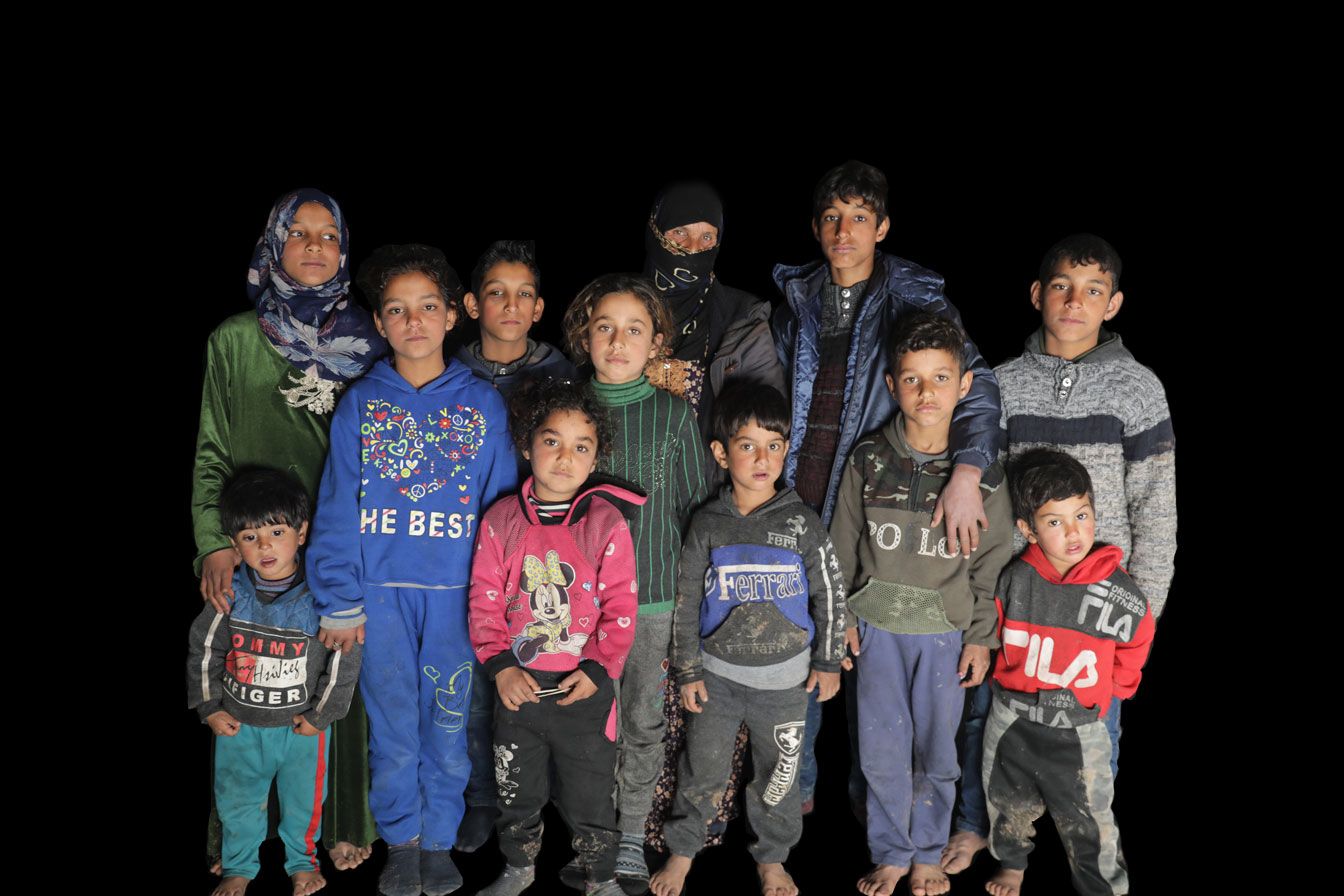
Fatimah
The Mother’s Day gift is a piece of biscuit and a rose flower
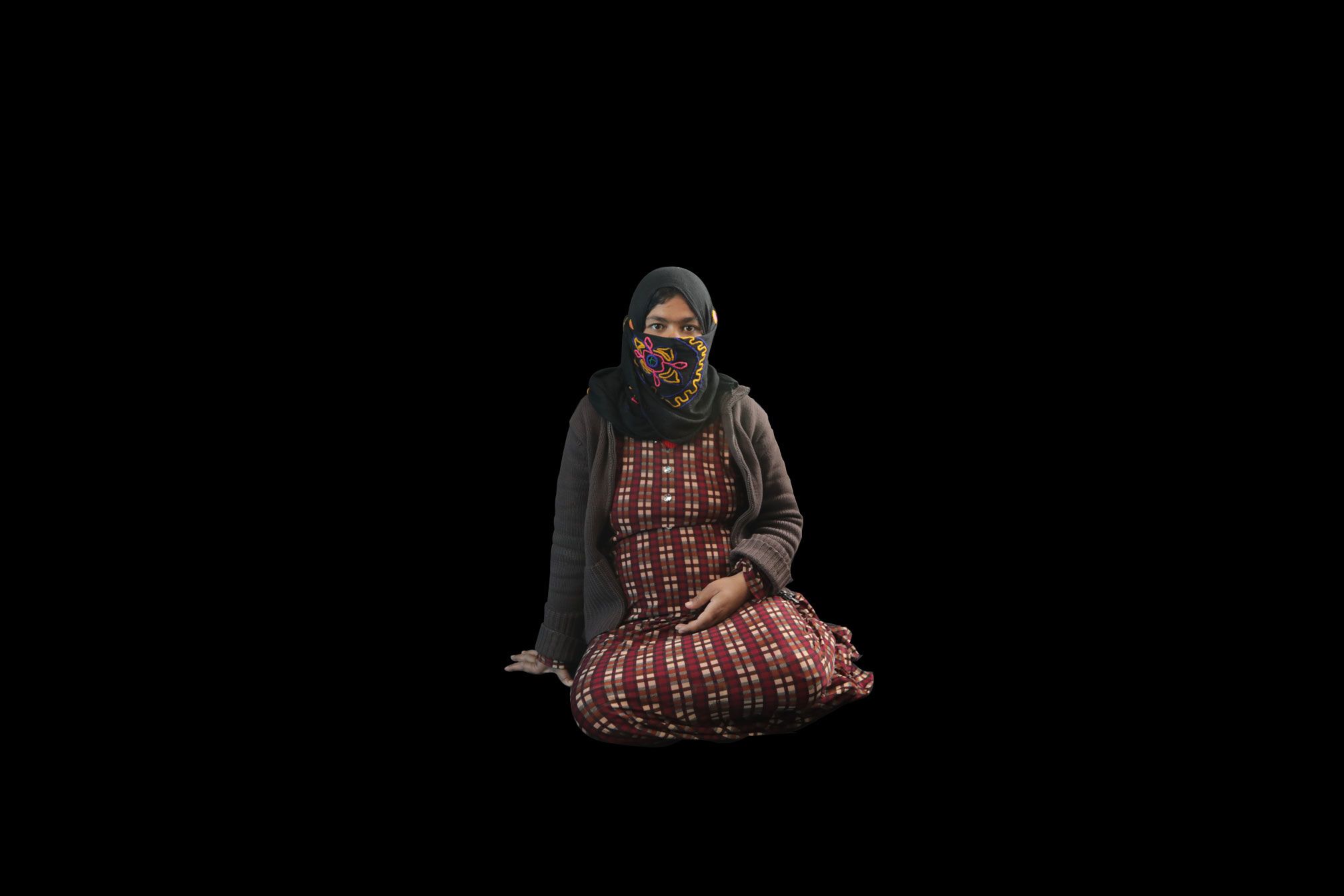

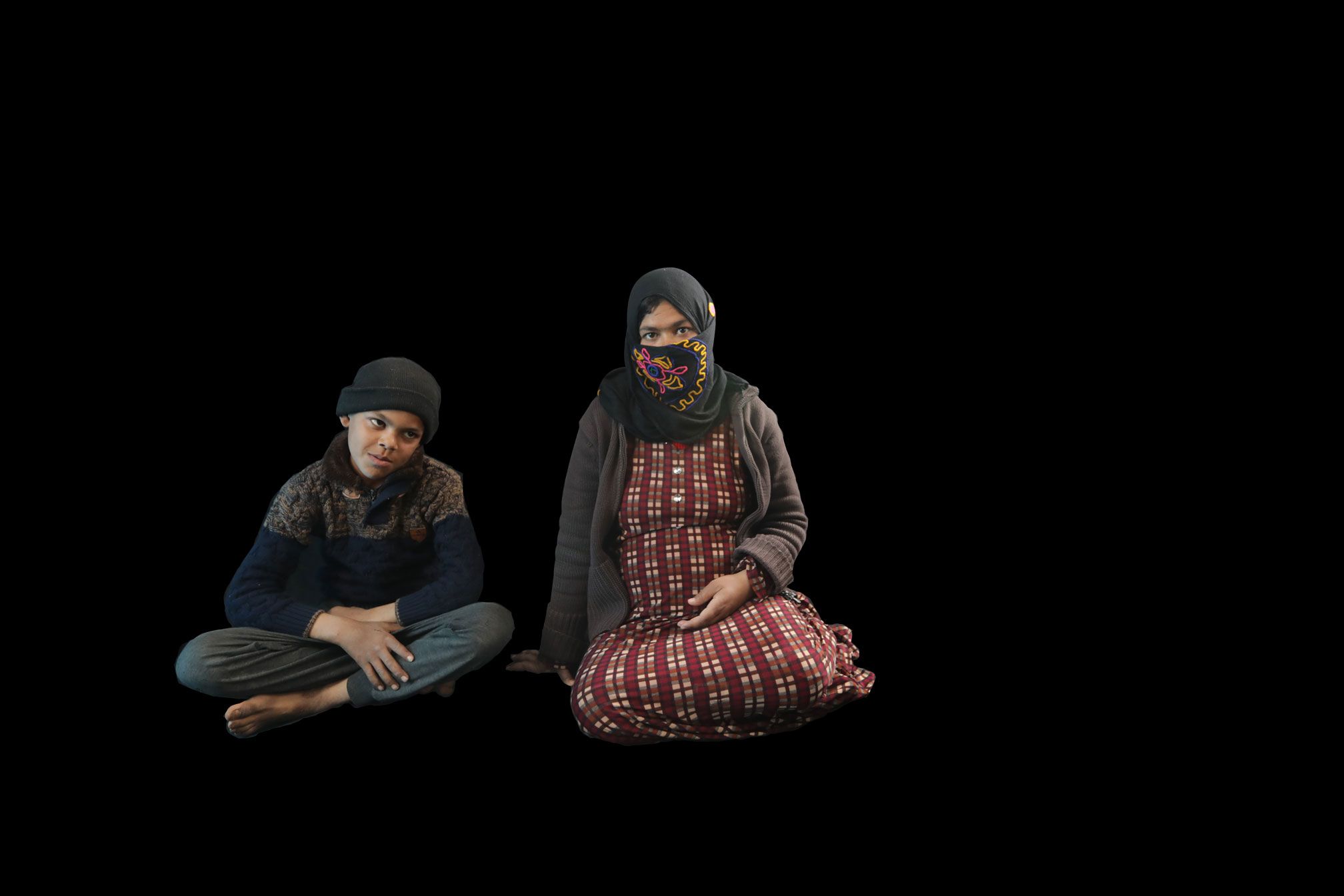
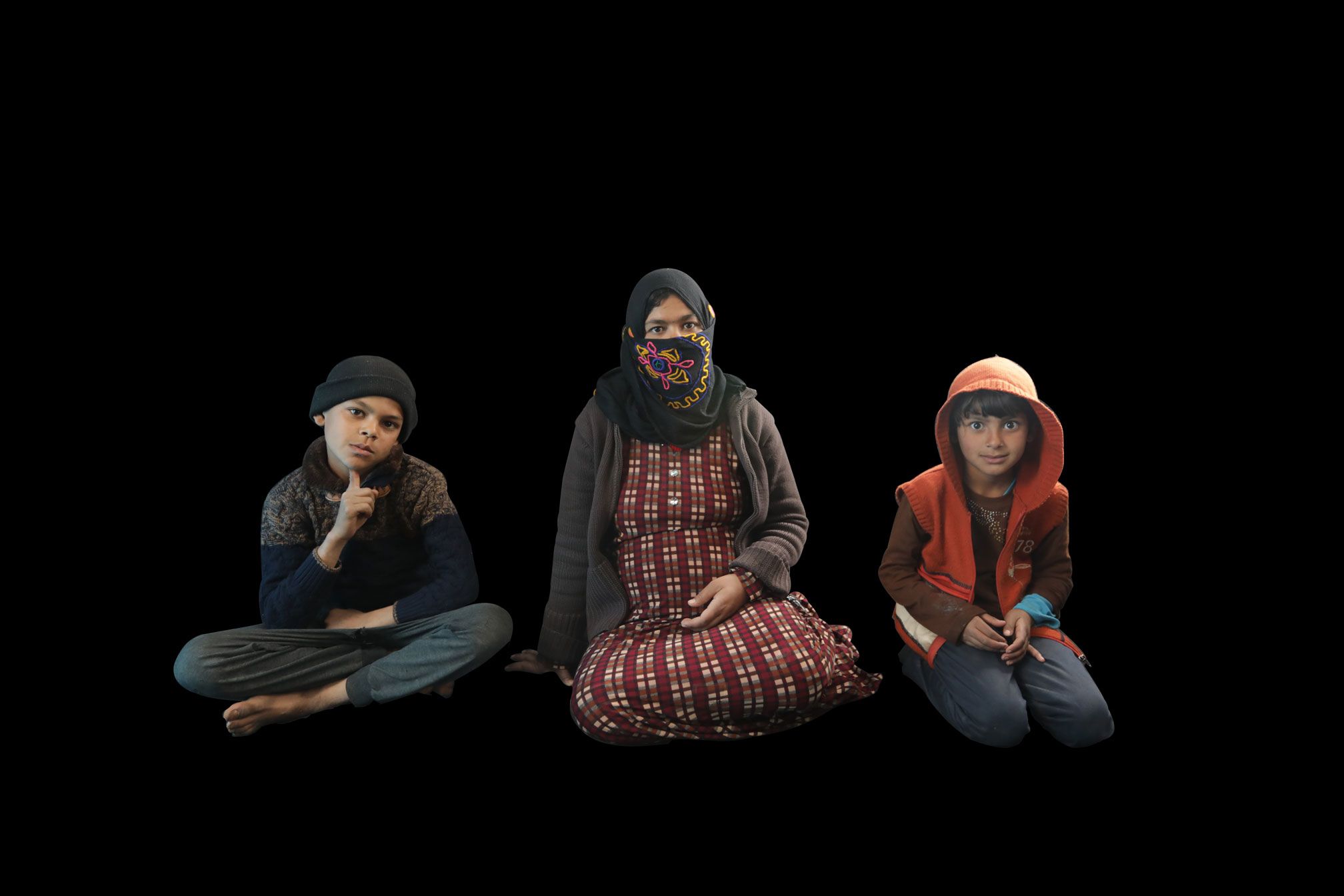
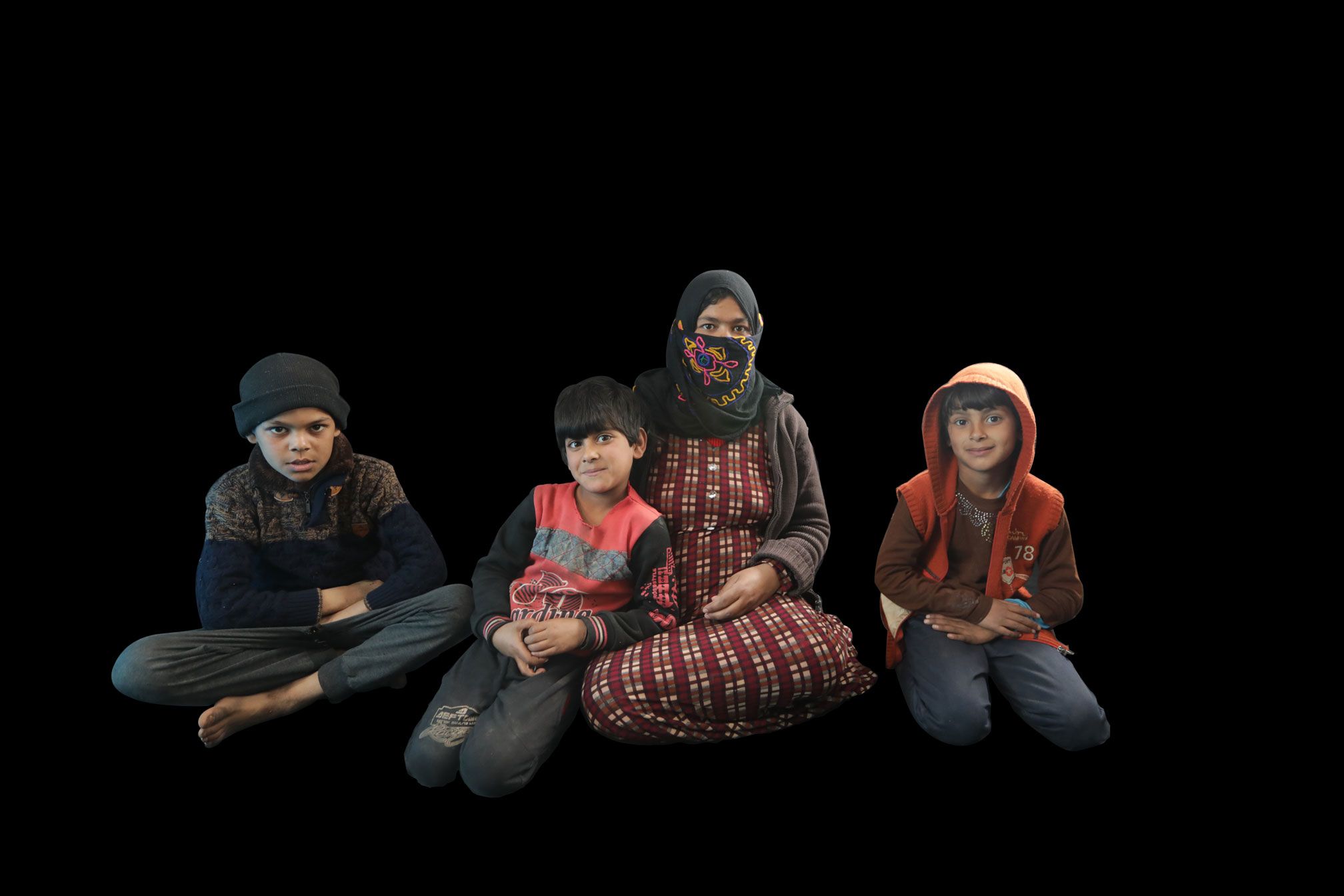
Having travelled a distance of 80 kilometers to reach the last stop on her displacement journey, Fatimah, 28, ended up in a makeshift refugee camp in A’zaz, northwest of Aleppo.
In her displacement journey that forced her to leave her house in Hazanu, a village in the countryside of Idlib, Fatimah carried with her a lot of memories, a few things, and three children: Salman, who likes to study but could find no school here to pursue his education; Yousra, a kind-hearted girl, who helps her mum in the household; and Hajila, the little shy and quiet girl.
Before Mother’s Day every year, the three children gather, and each of them brings the money he/she has, and buy a gift for their mother. Last year, they bought her a piece of biscuit and a rose.
“My mother is the prettiest person in my life. She is so beautiful in everything because she strives to give us everything we want,” Salman, Fatimah’s eldest son, told Tiny Hand.
“Although they do not ask for anything except for food and clothing, taking care of them in time ofwar is very difficult and requires a lot of patience,” Fatimah explained.
The word “mum” means a beginning of a new life.
Nahla
I long to hear the word “mum” from my missing son!
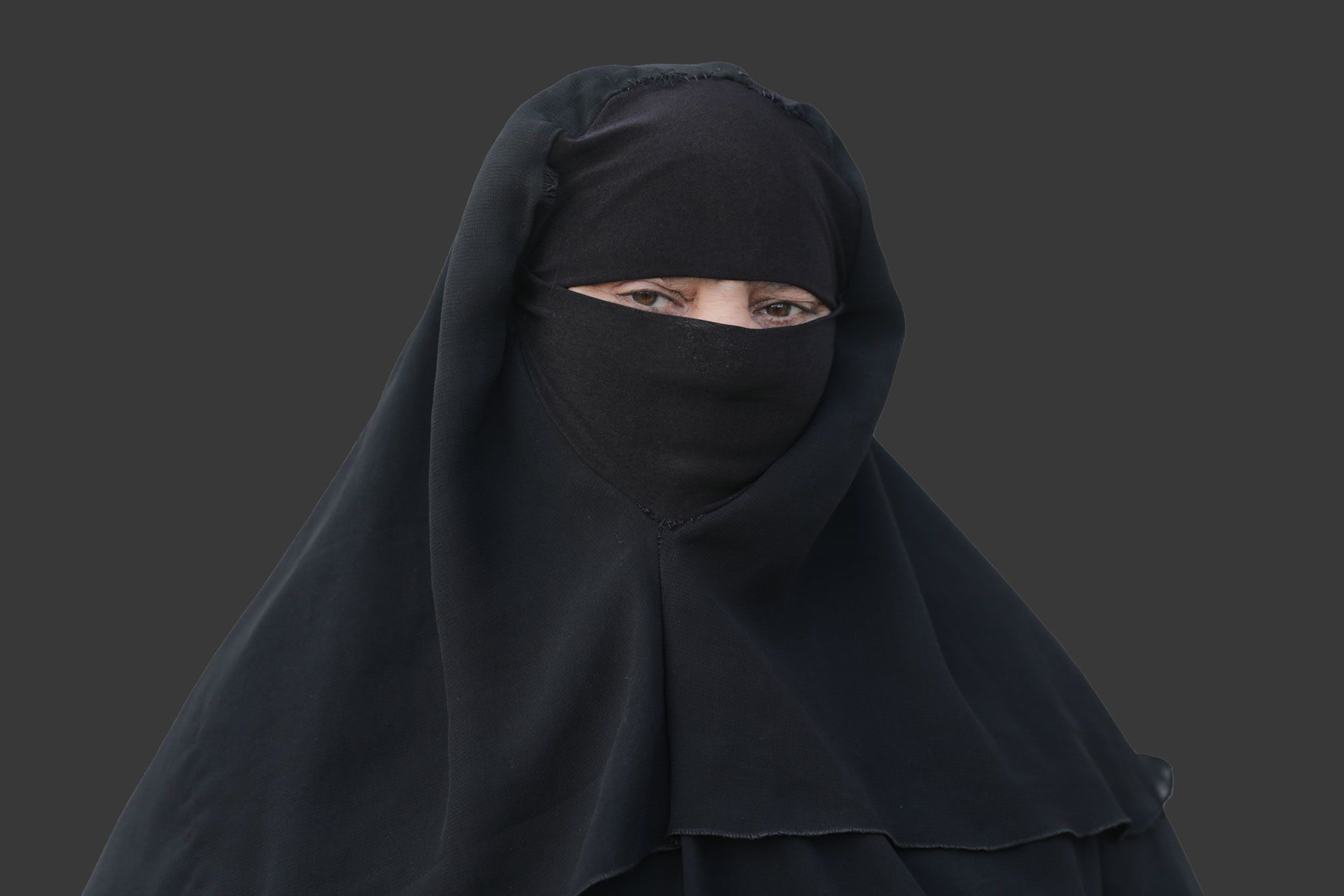
Although three years has passed since her 27-year old son got missed in Raqqah, once the capital city of ISIS, or the so-called Islamic State, she has not given up on waiting for the moment when her son would come in from the door of her destroyed house, hugging her and washing away the pains of separation and caring for four kids.
“After he disappeared, my daughter-in-law abandoned her children and left,” said Nahla, who lives in Al-Bab, a town near Aleppo, “Now, I assume the role of their mother, father, and friends”.
Hameed is one of almost 8,000 people who disappeared at the hands of the Syrian regime and whosefate is still unknown despite the defeat of ISIS. “Nobody knows where are they now!” said Nahla.
Hameed is Nahla’s eldest son and her first child to call her “mum”. This is the gift she looks for this year. “How beautiful the word “mum” is when Hameed says it,” she said.
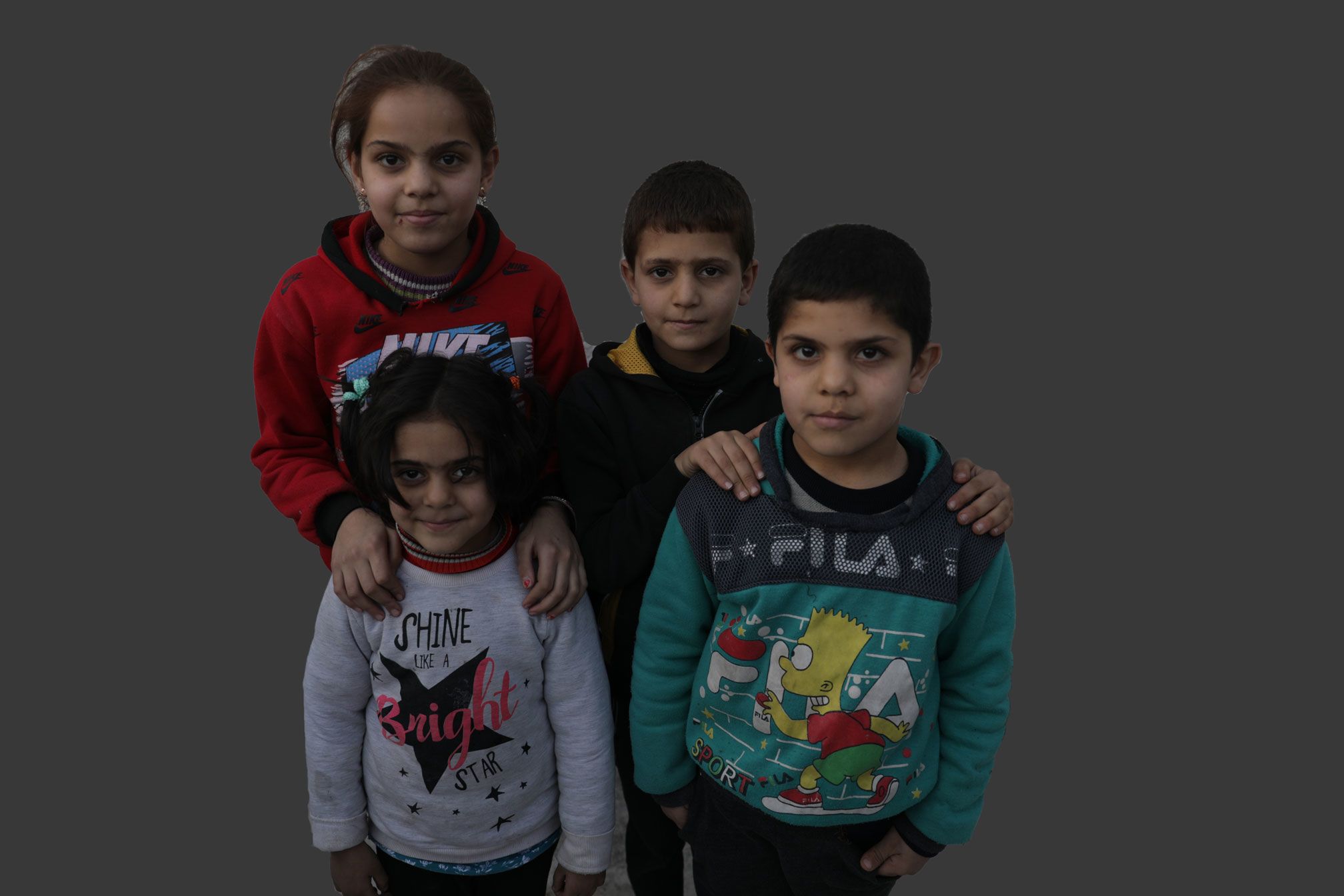
Perhaps Nahla is not the only Syrian mother who finds Mother’s Day too painful for her and adding to the torment of displacement. While she was lost in thought of her missing son, her granddaughter, Tala, of was thinking her mother who abandoned her and her brothers.
Almost 8000 people who disappeared at the hands of the Syrian regime and their fate is still unknown despite the breakdown of ISIS.
In the end, the Palestinian poet Mahmoud Darwish’s poem will always be one of the most beautiful things written about mothers!
